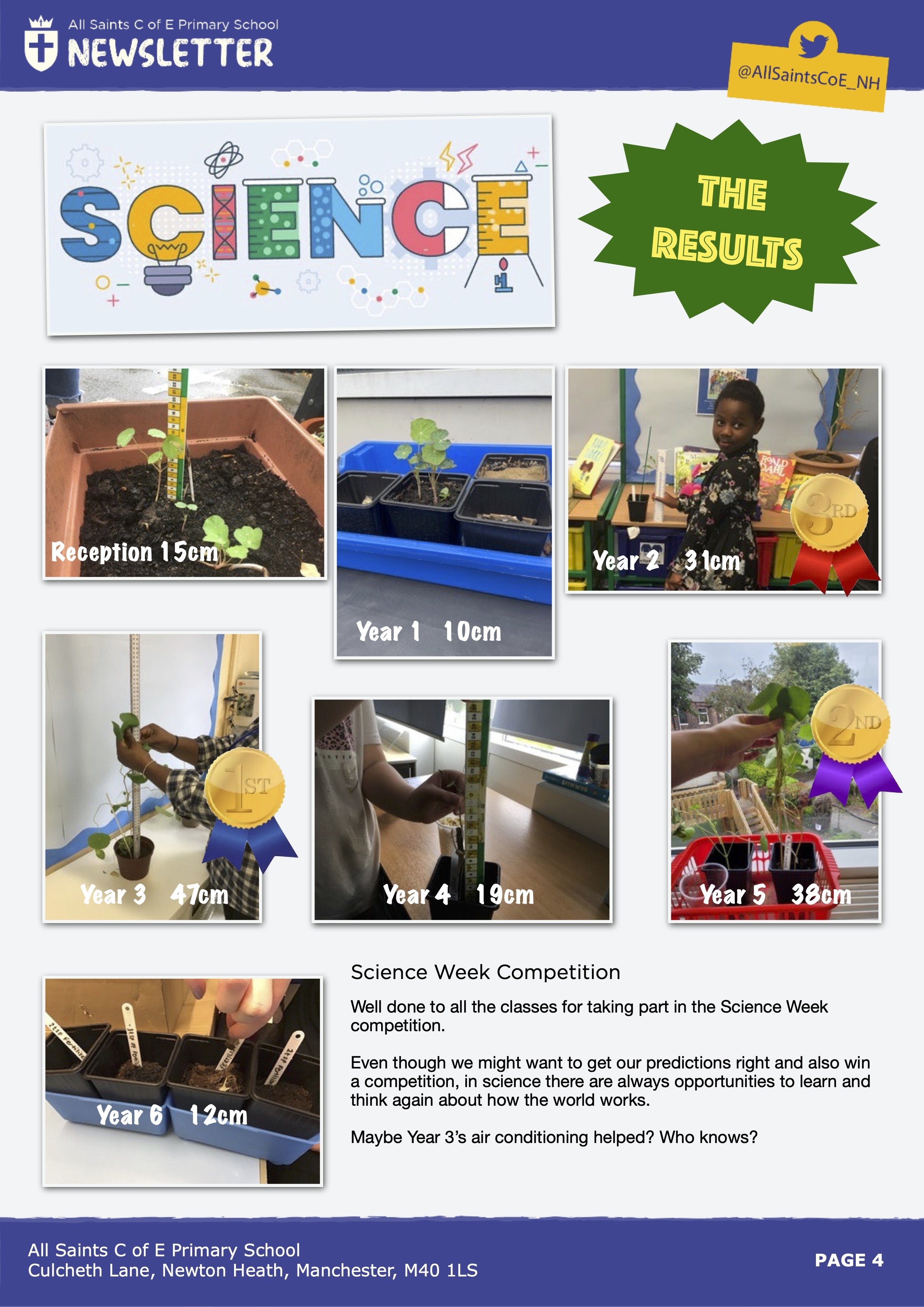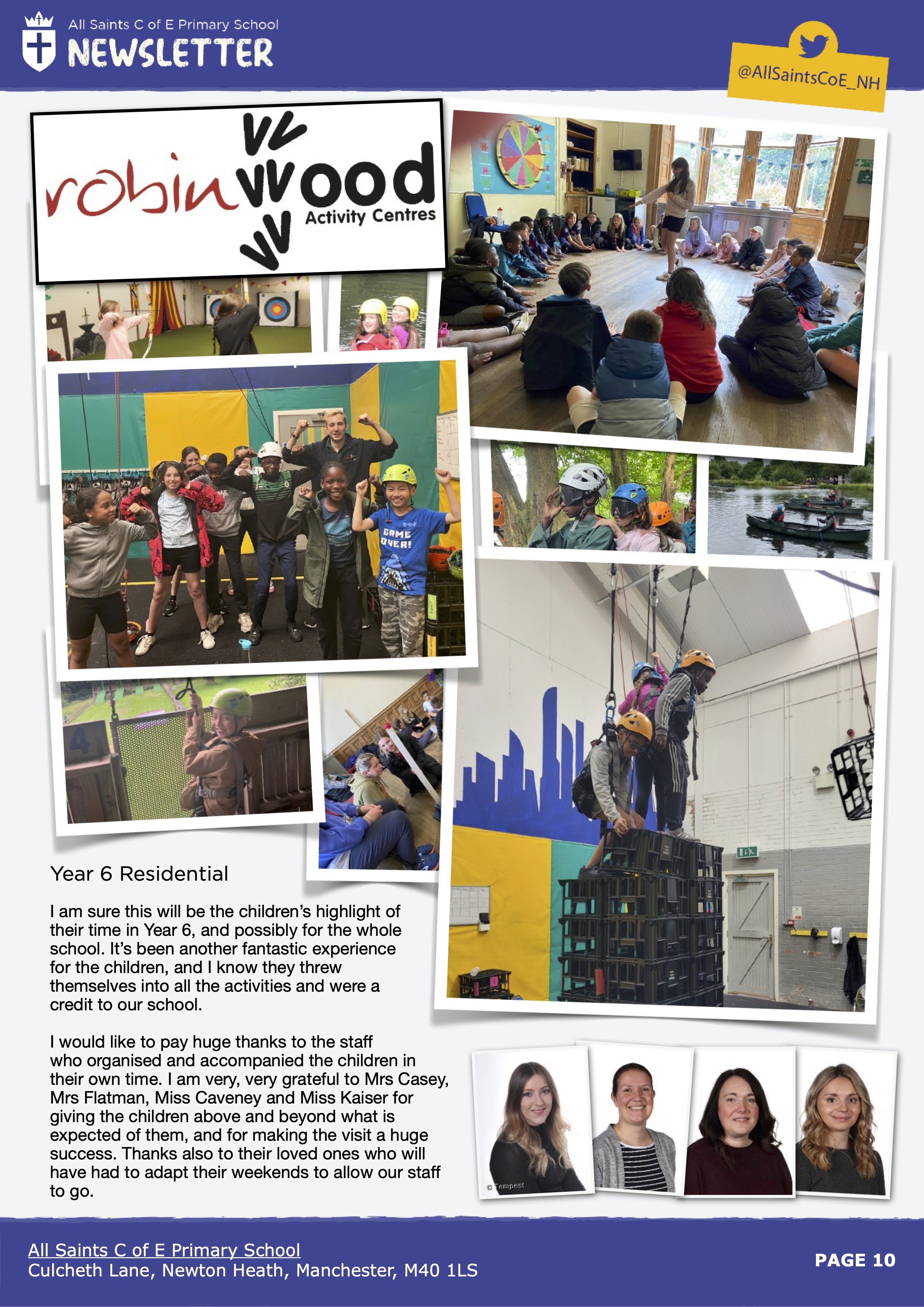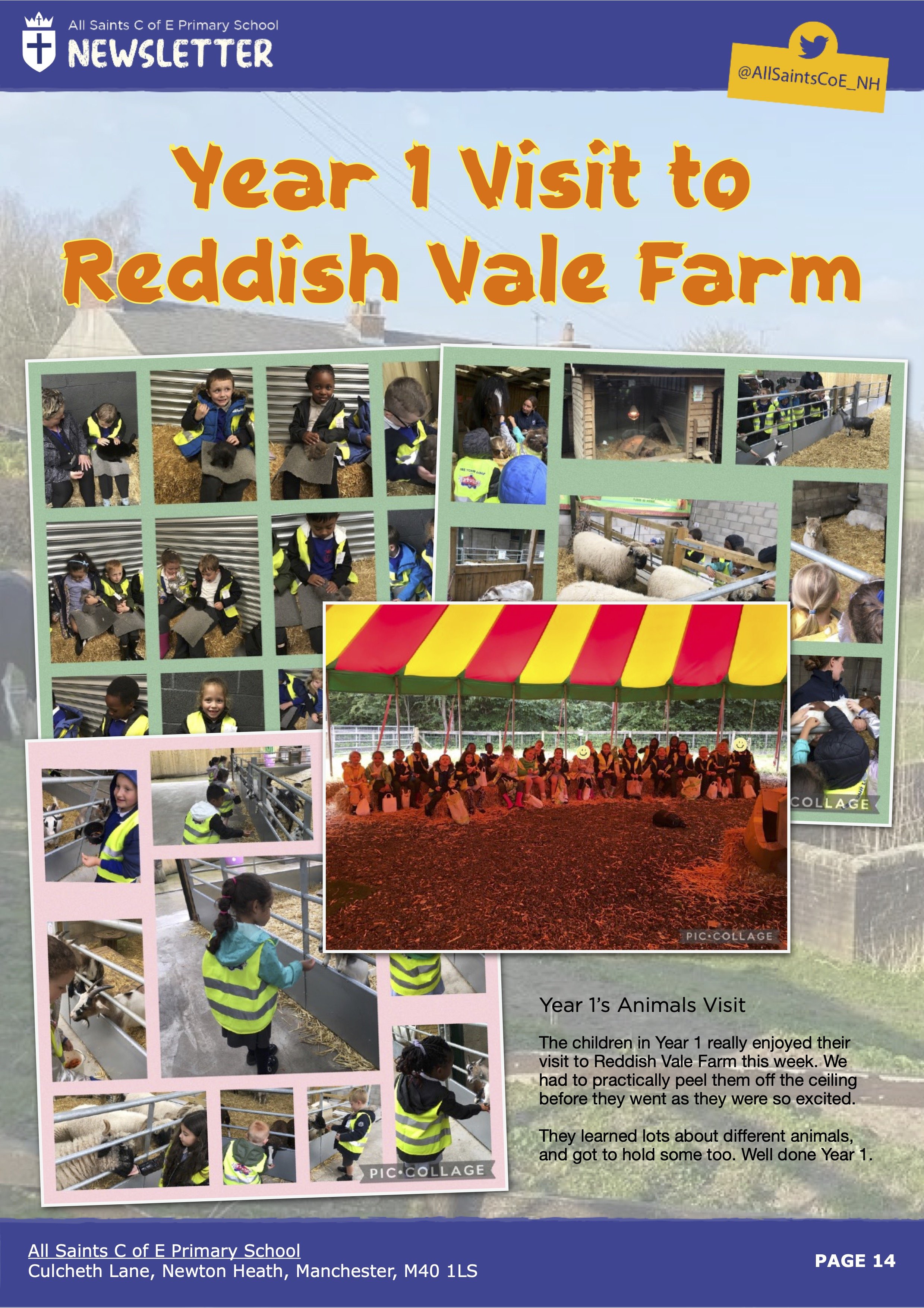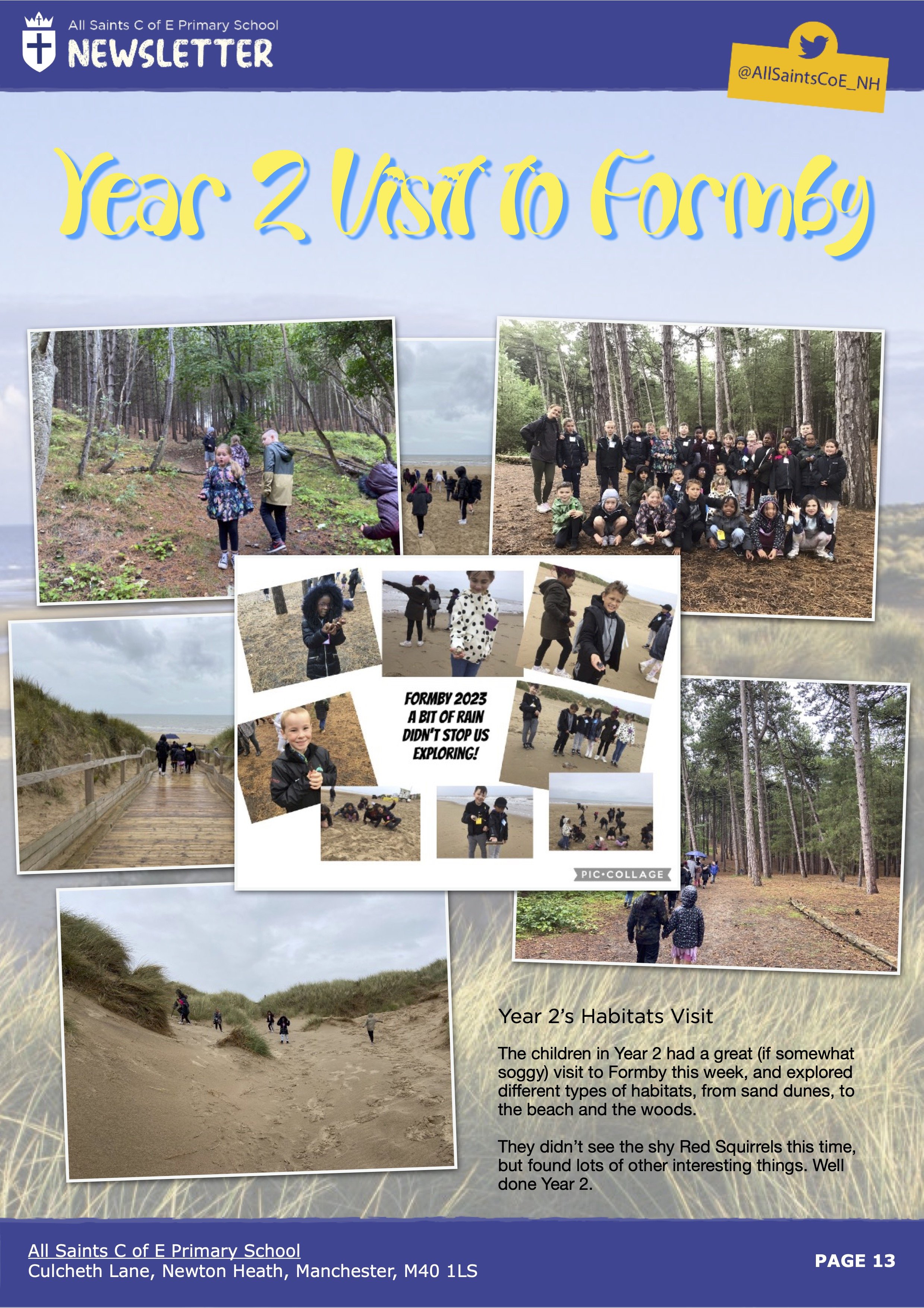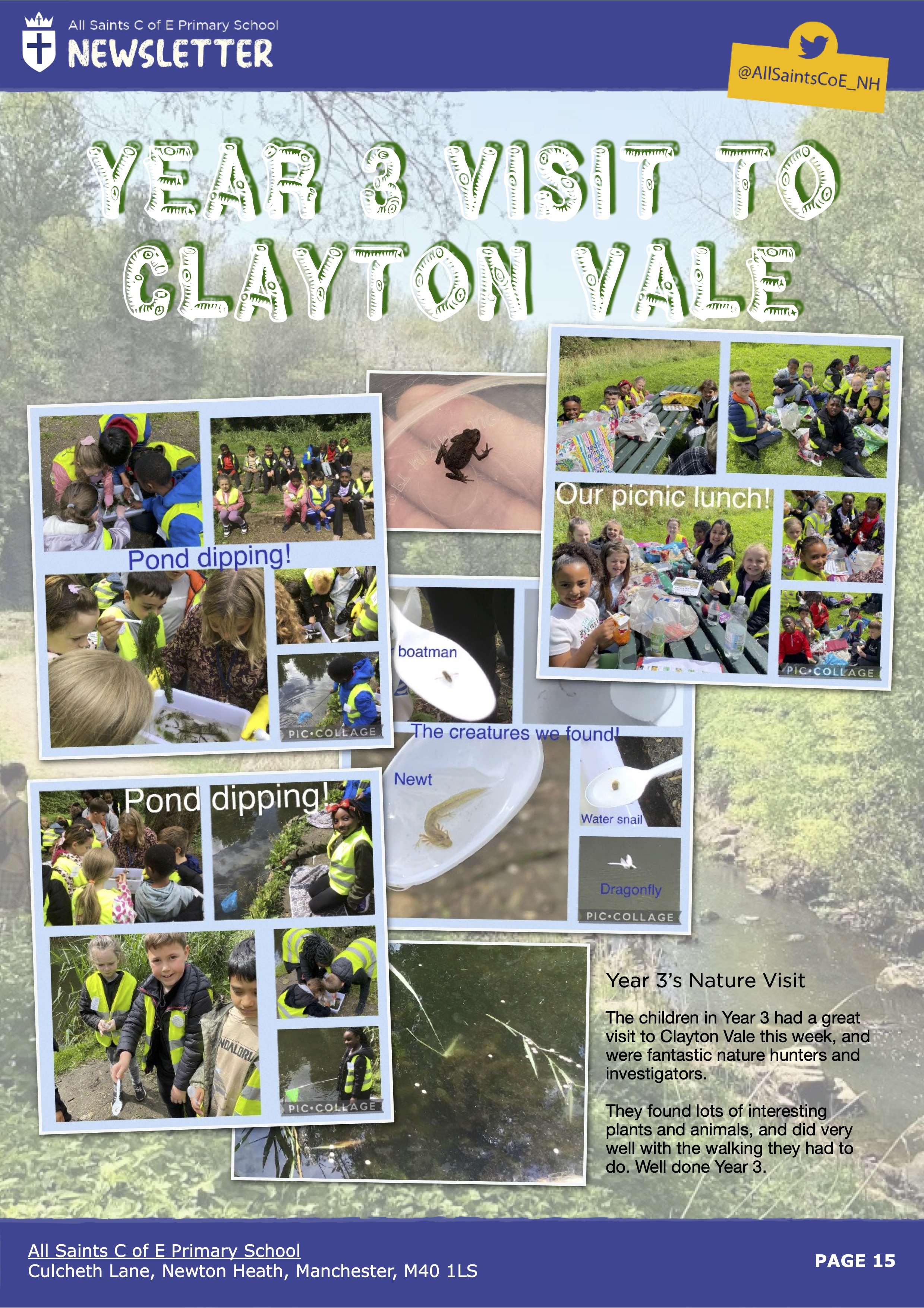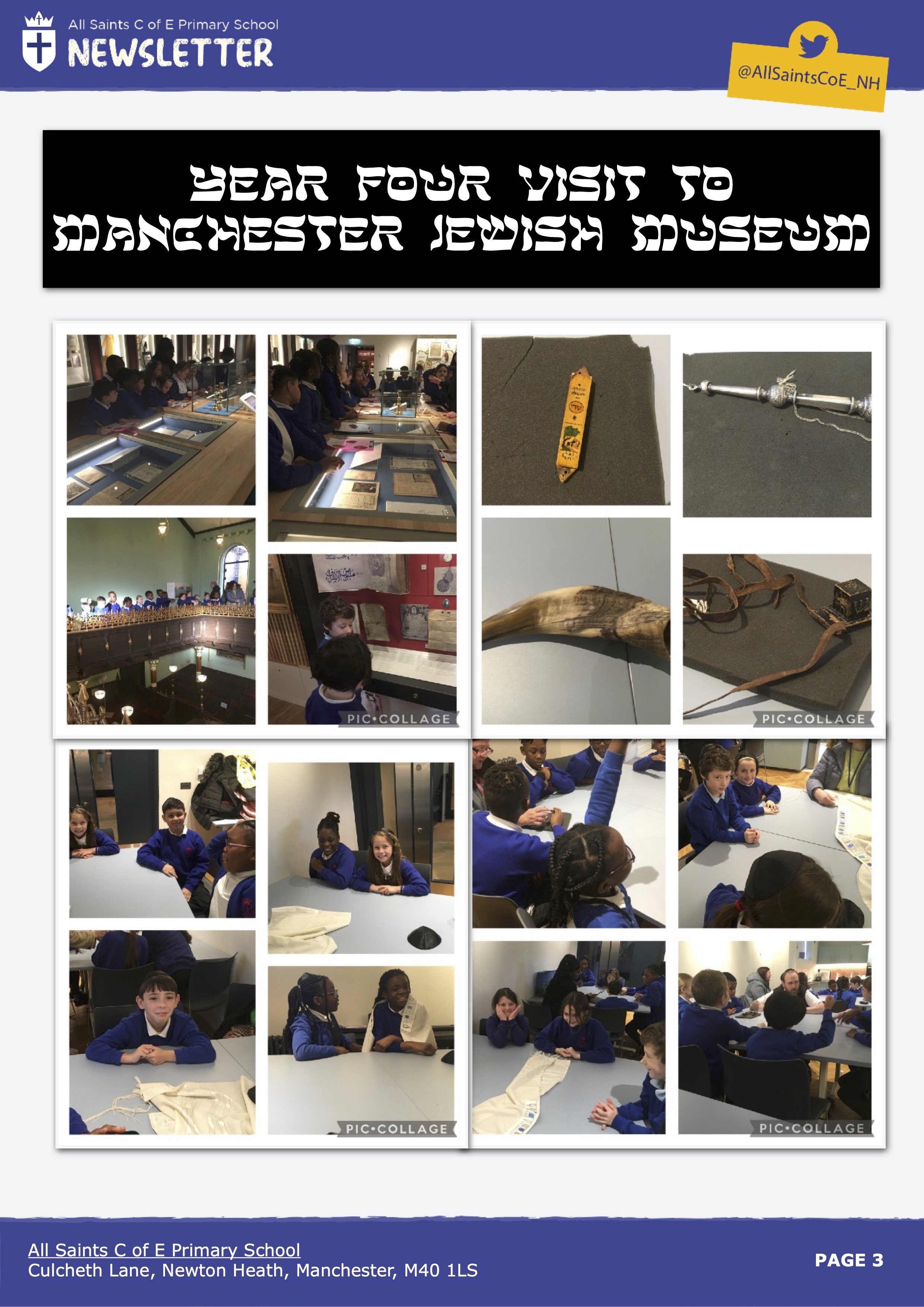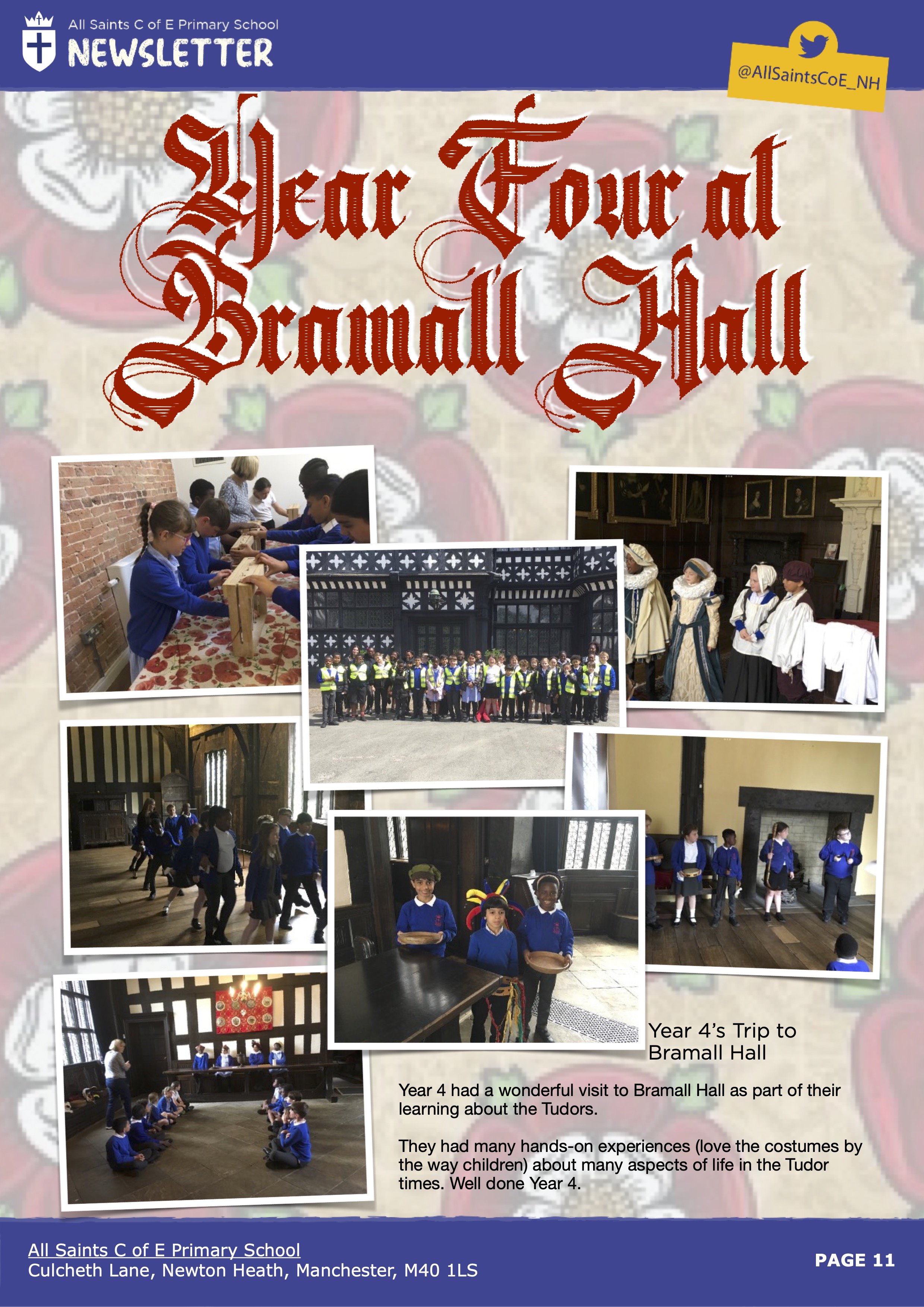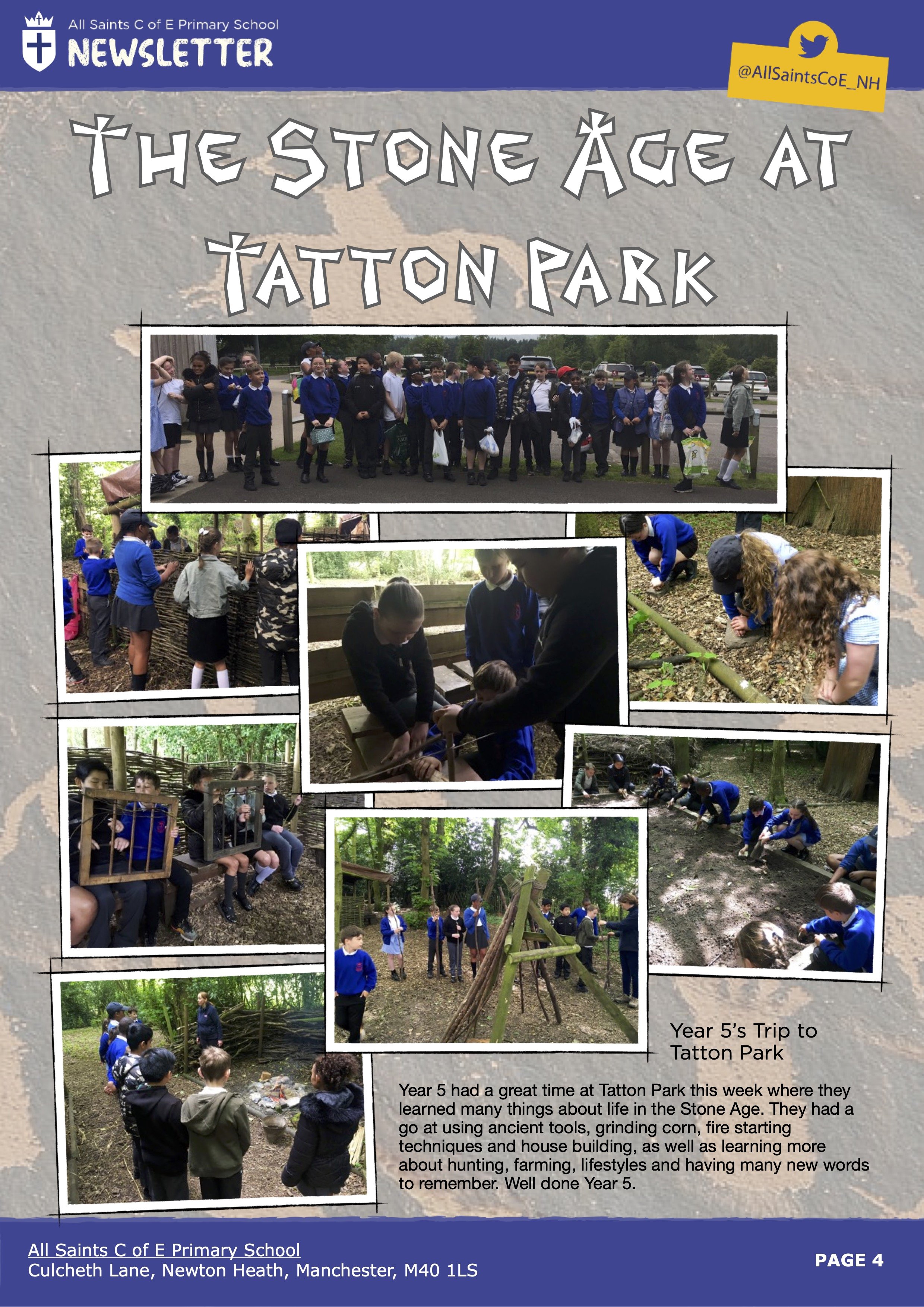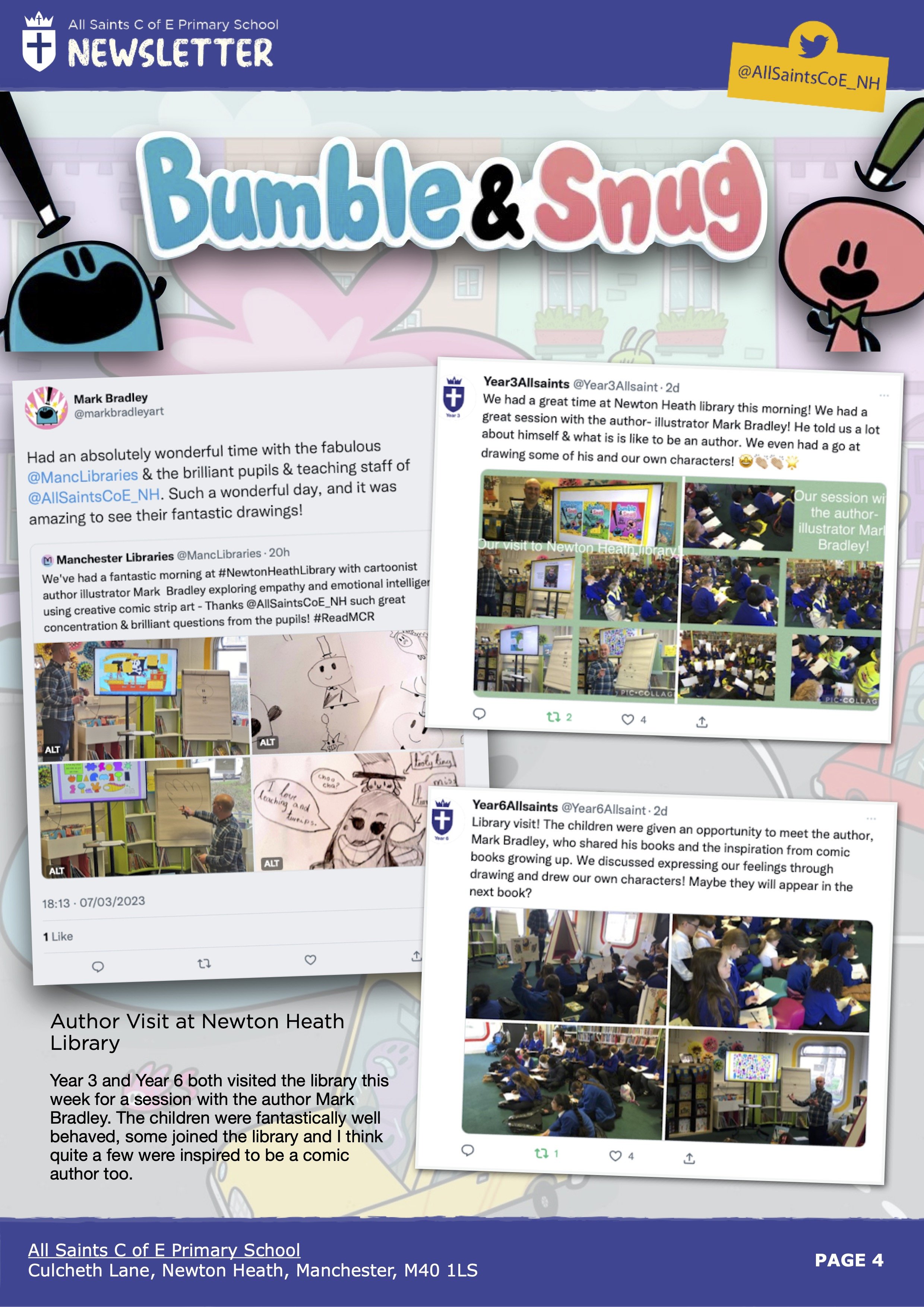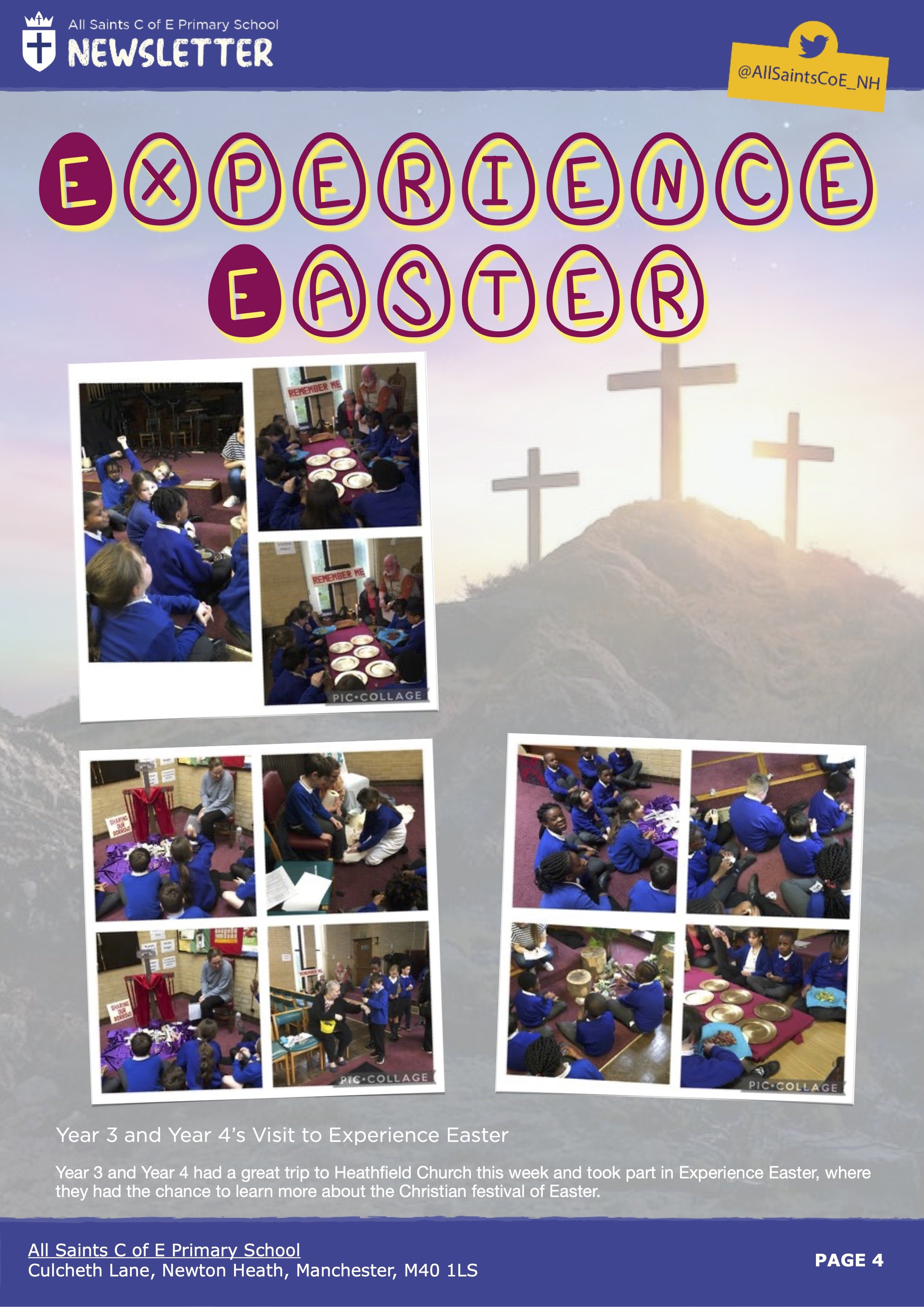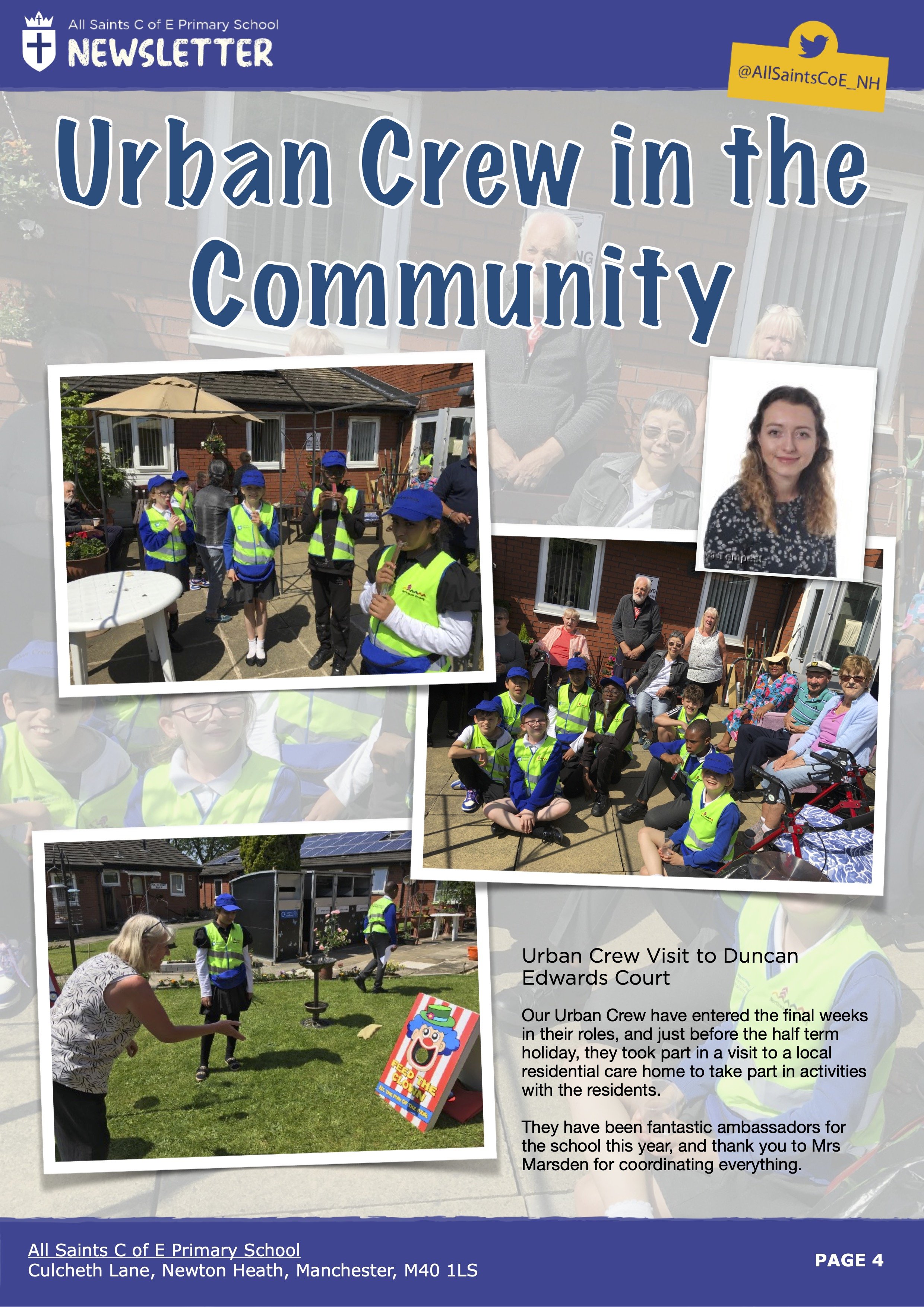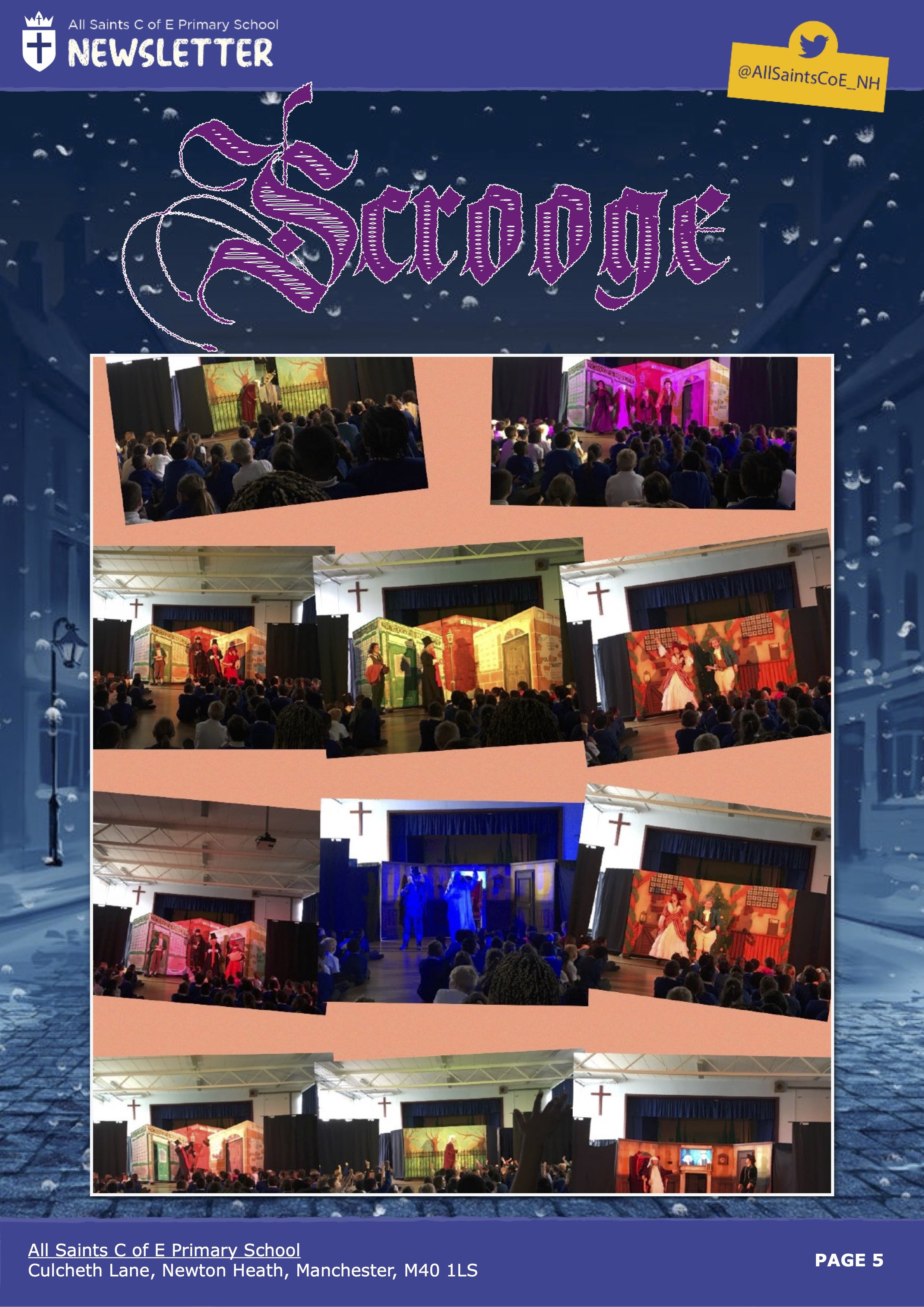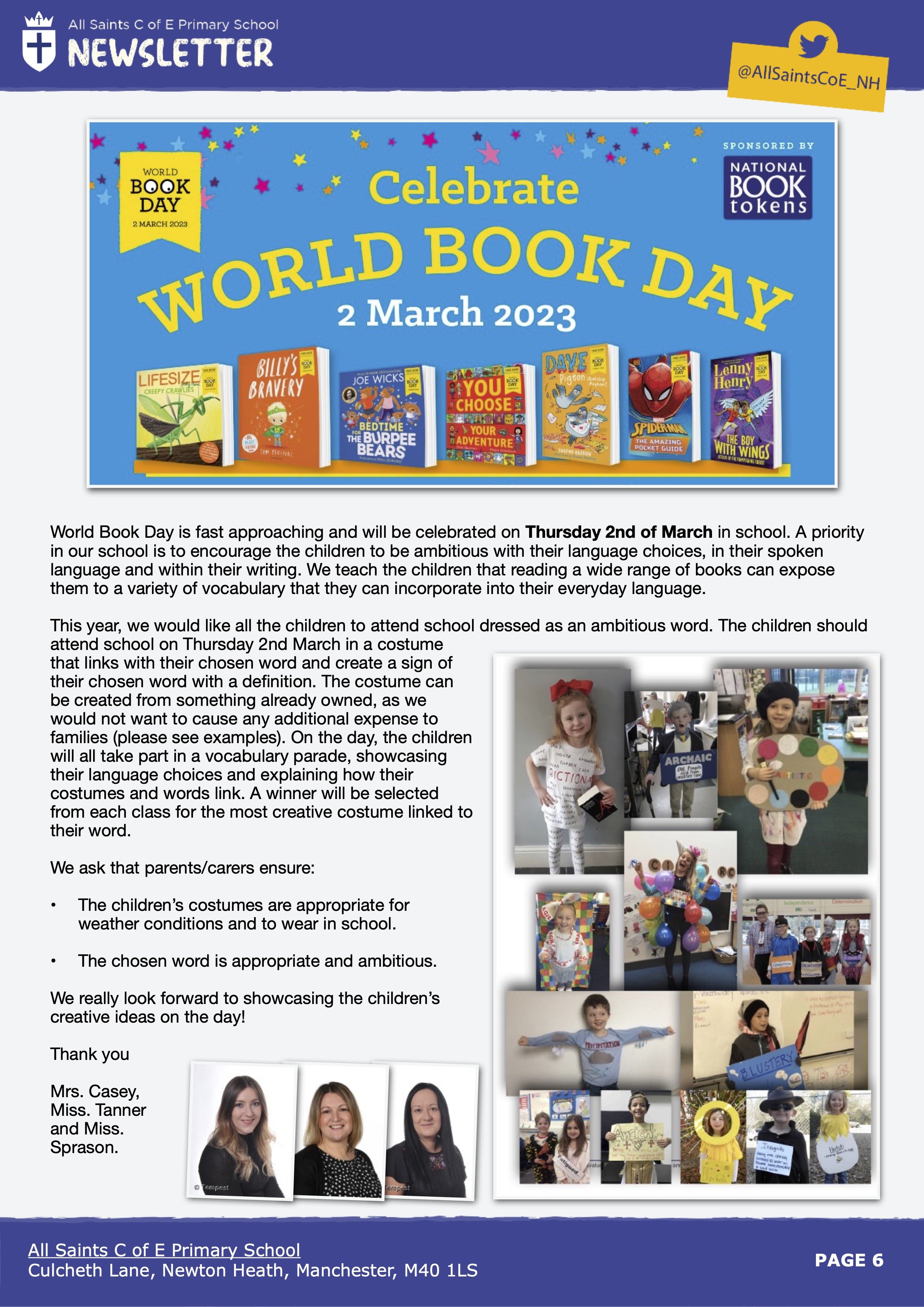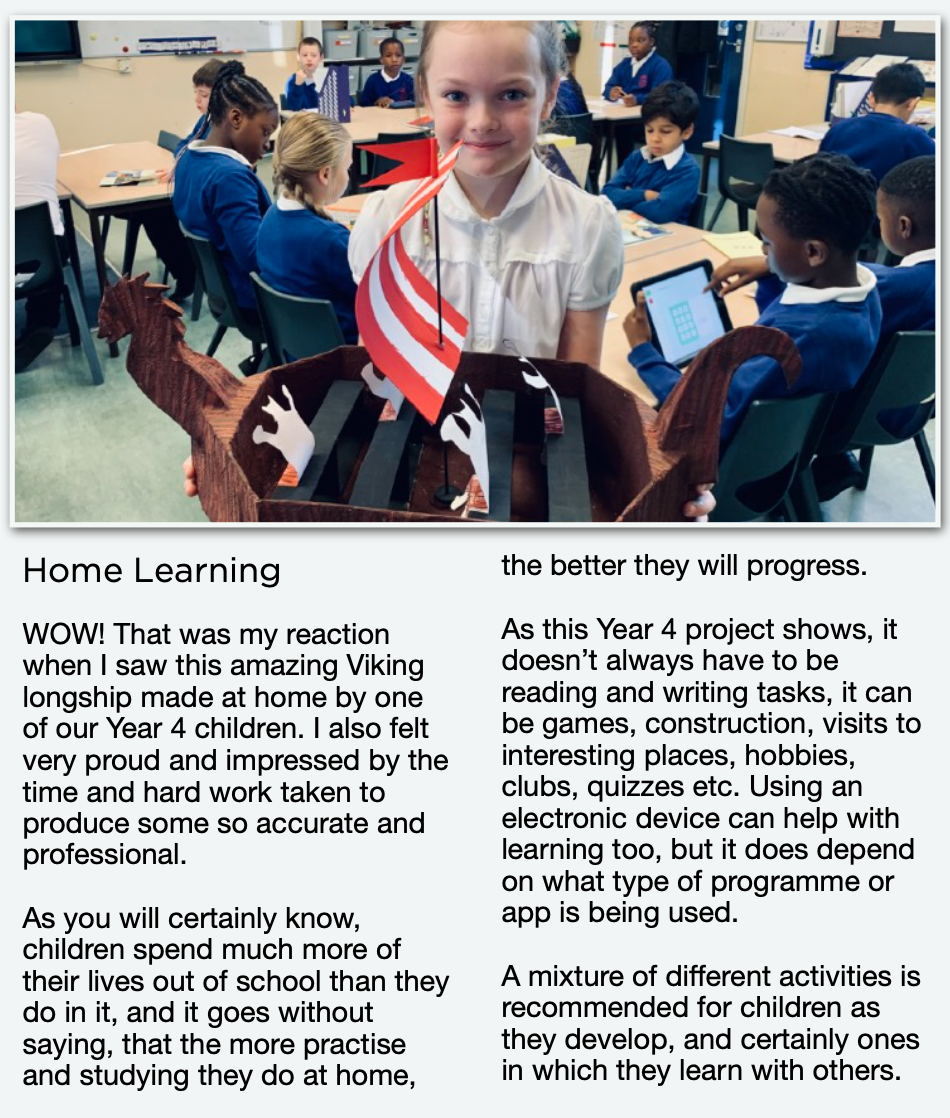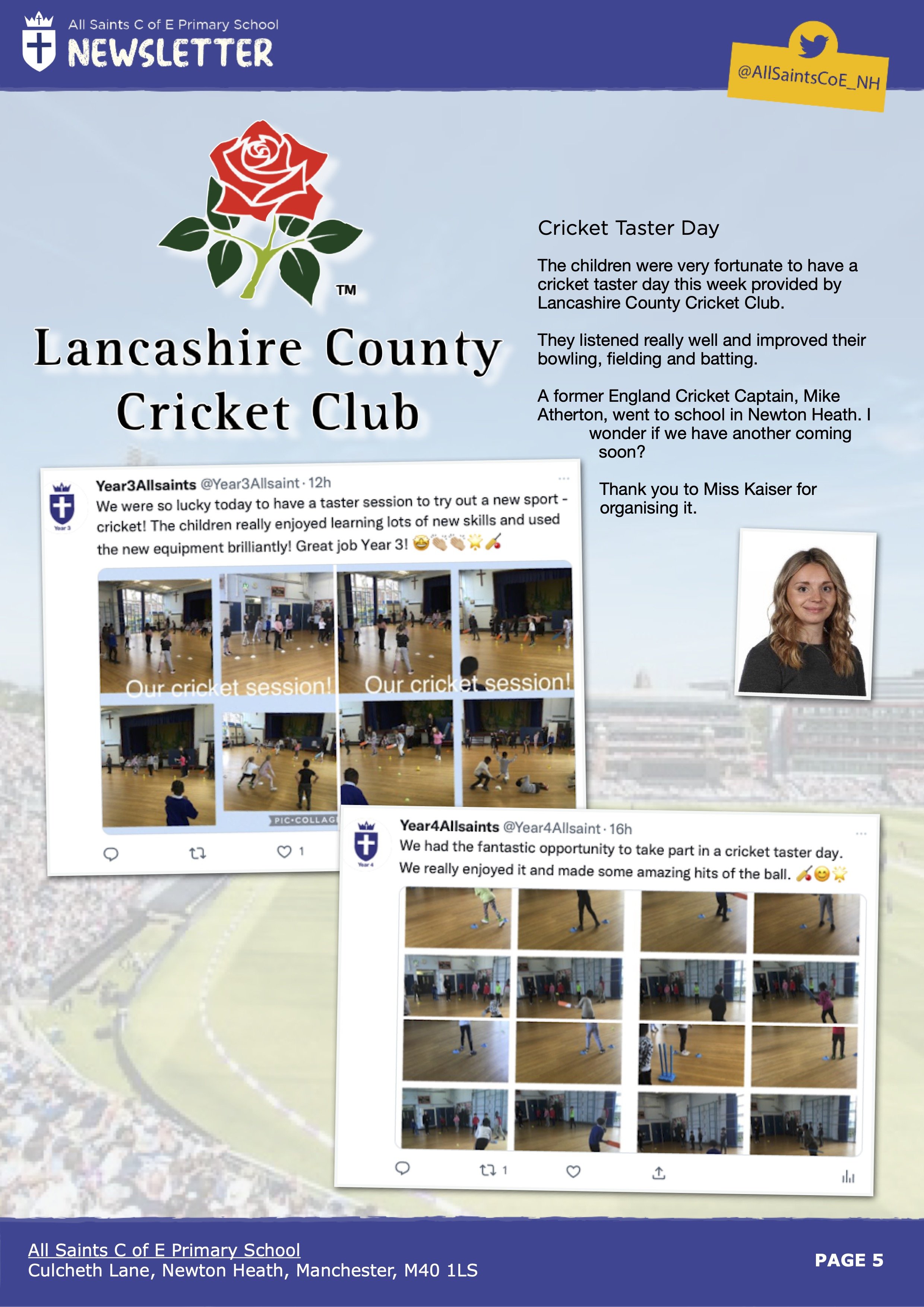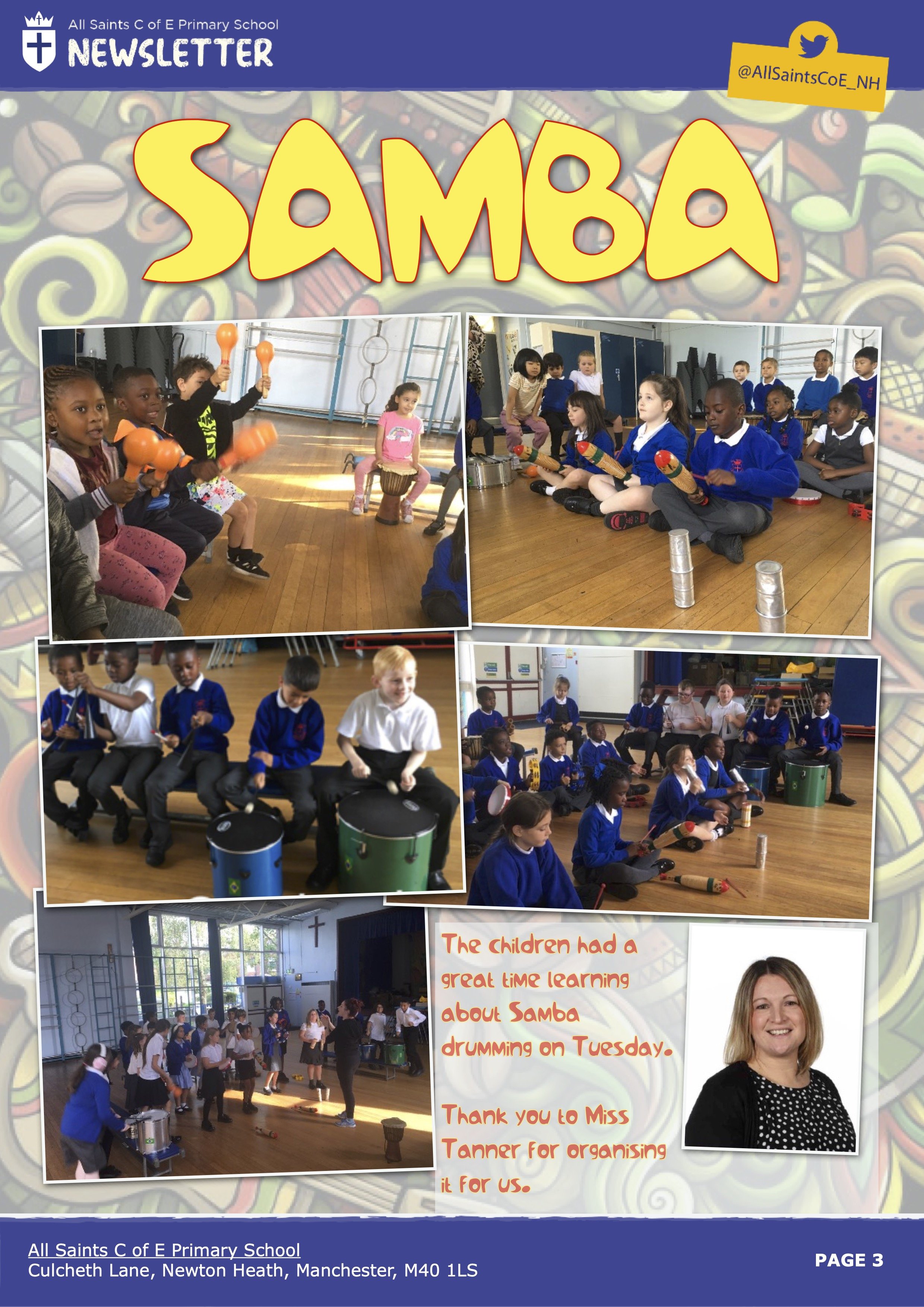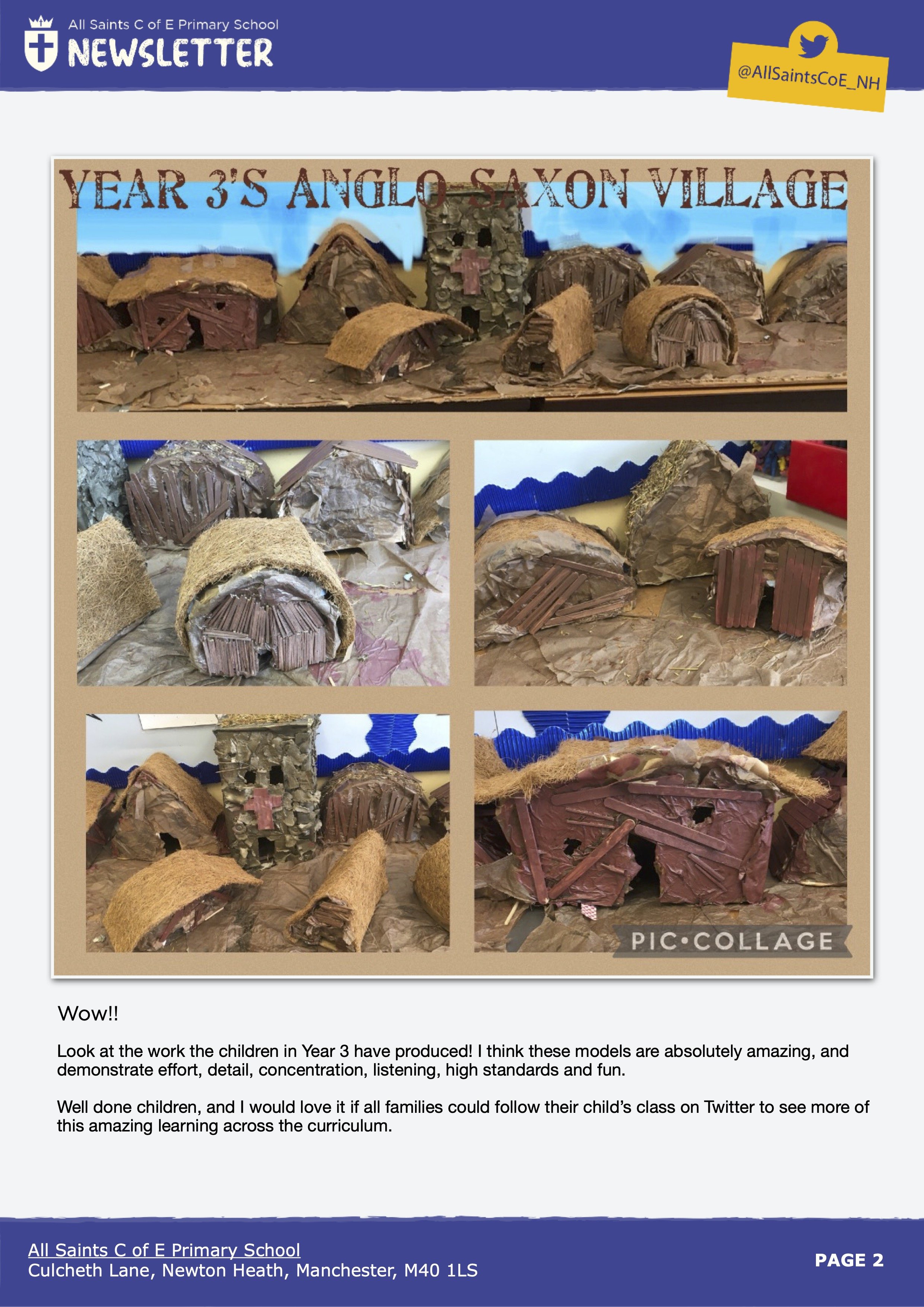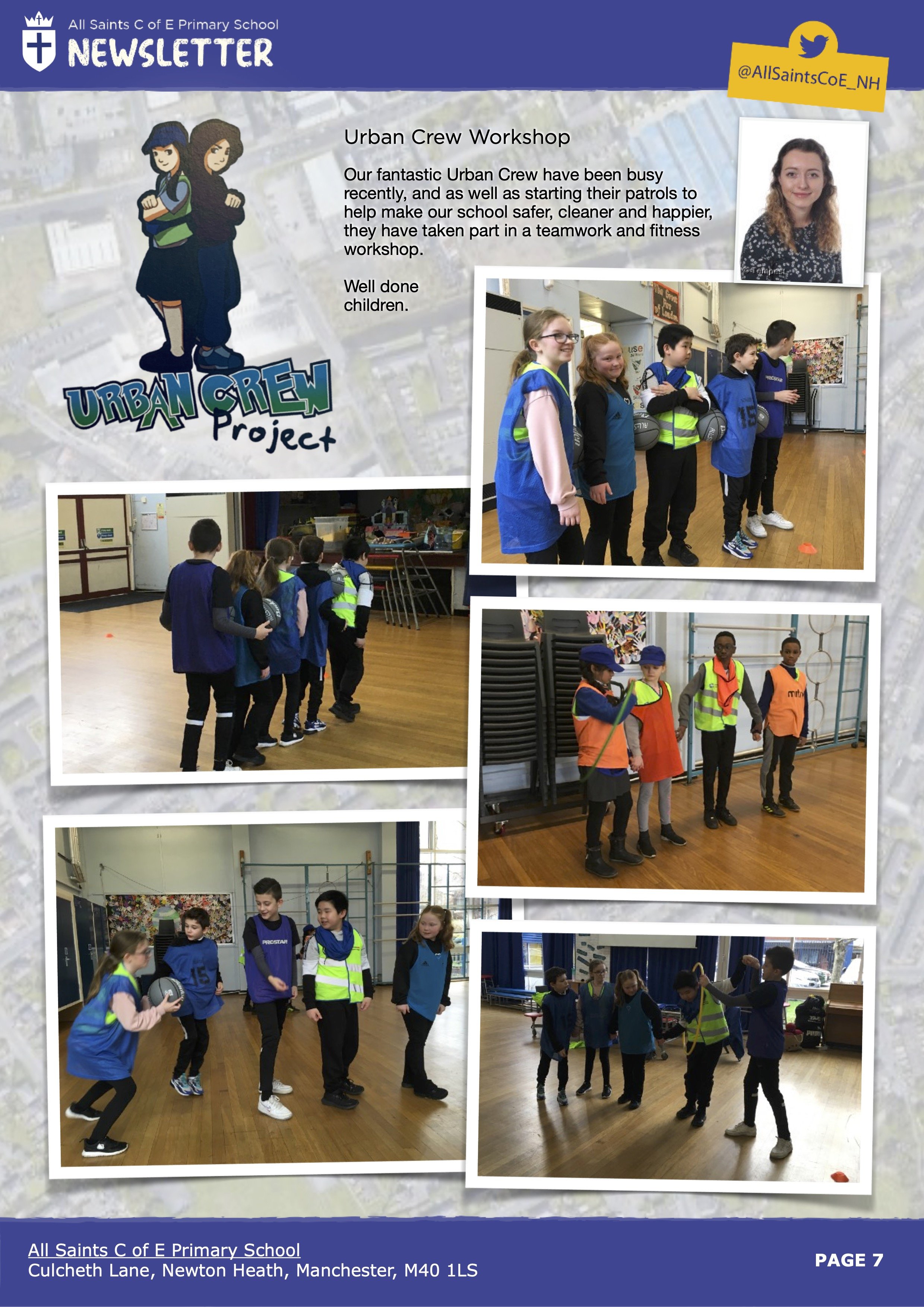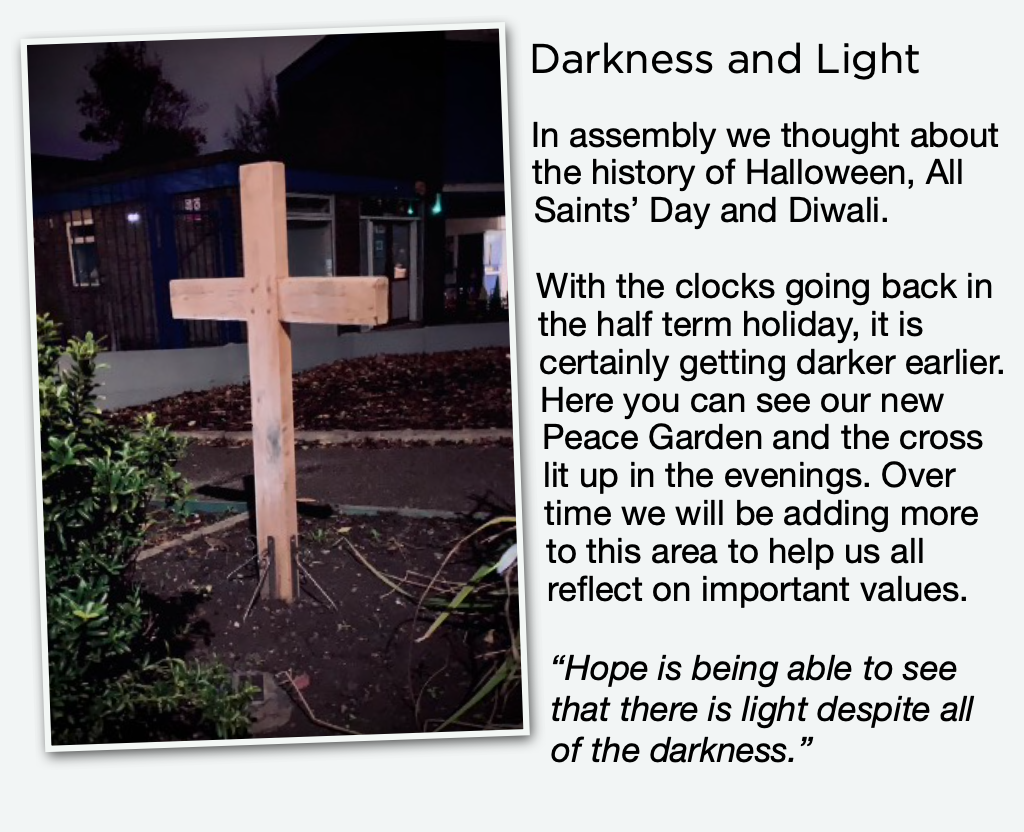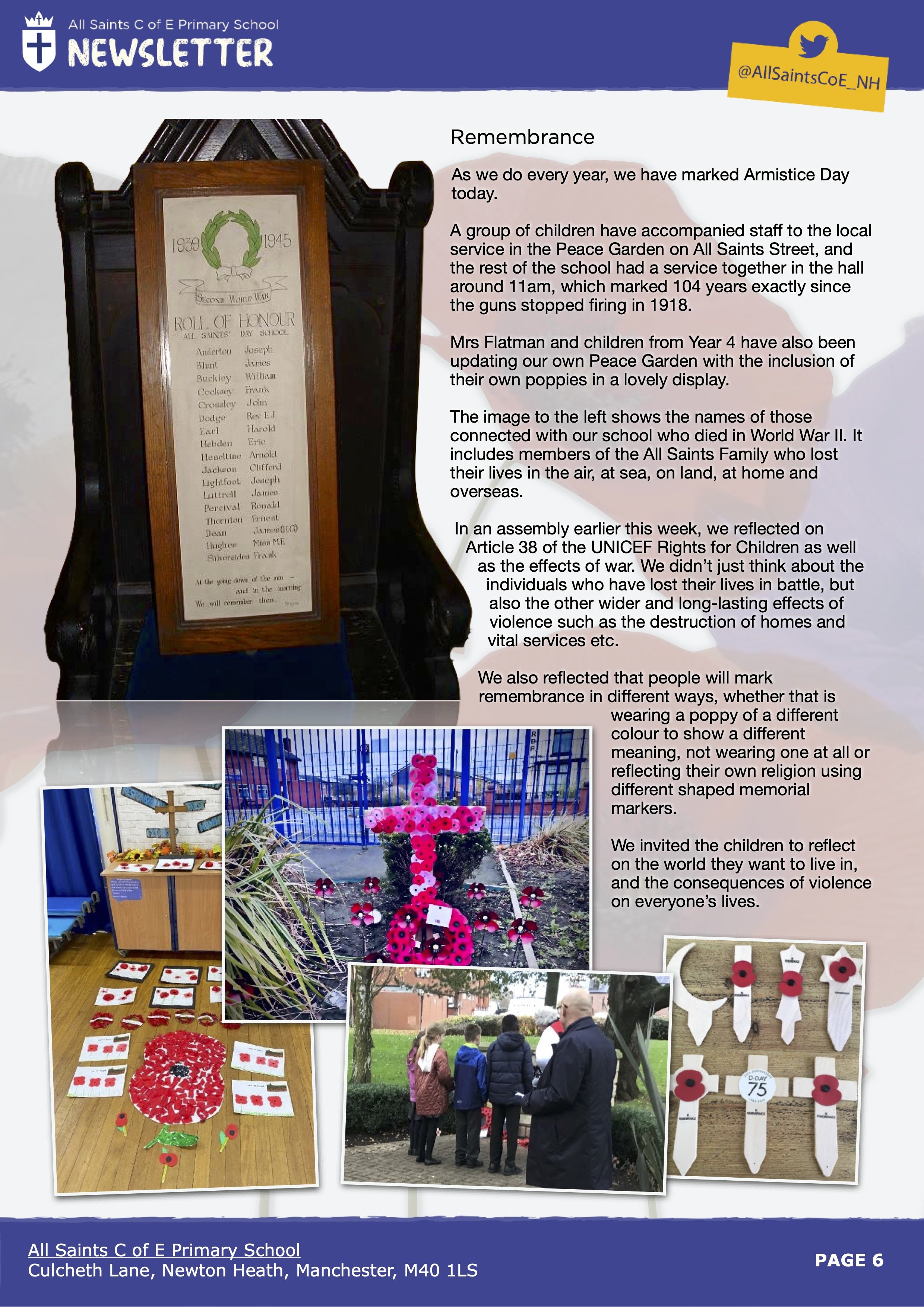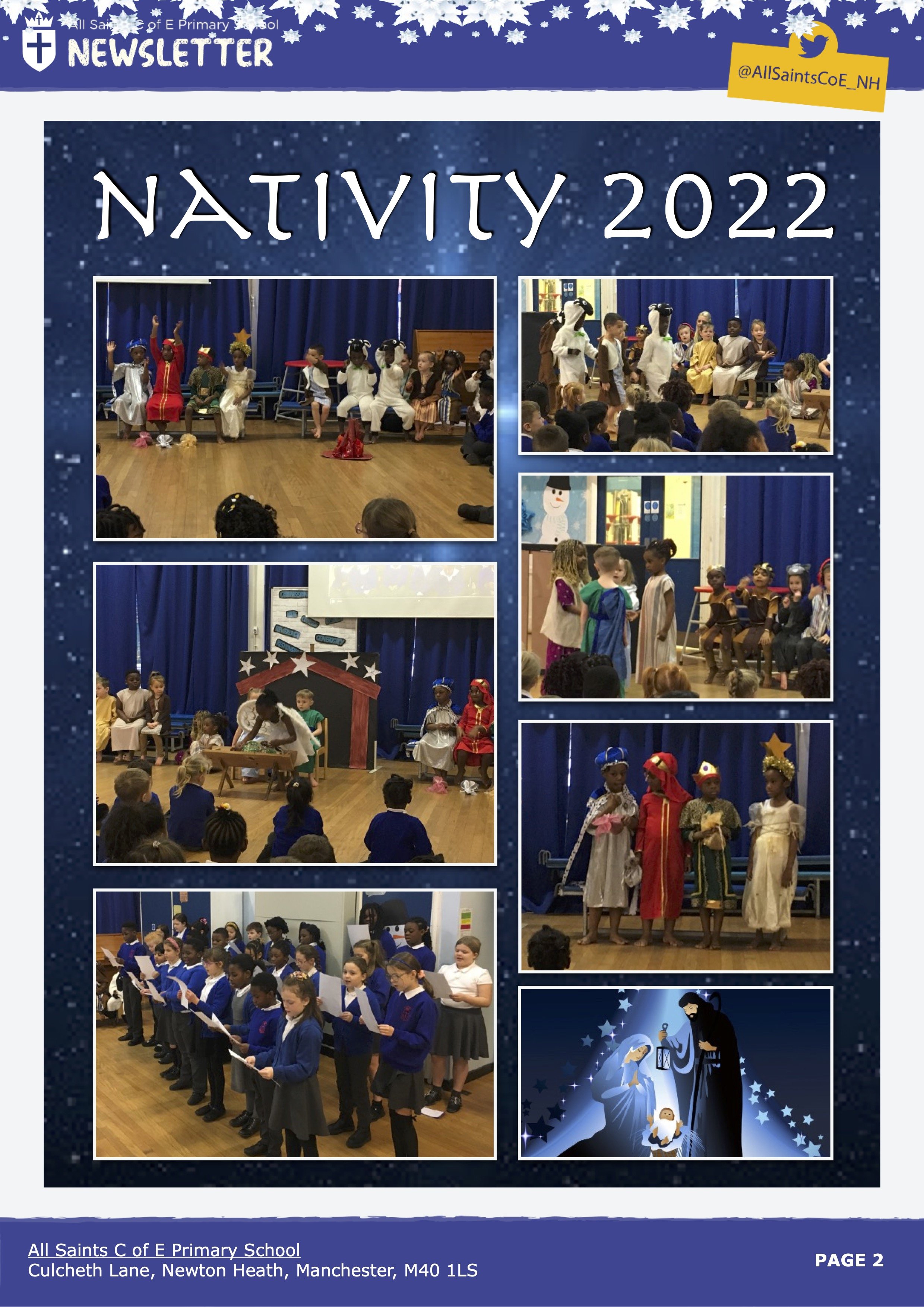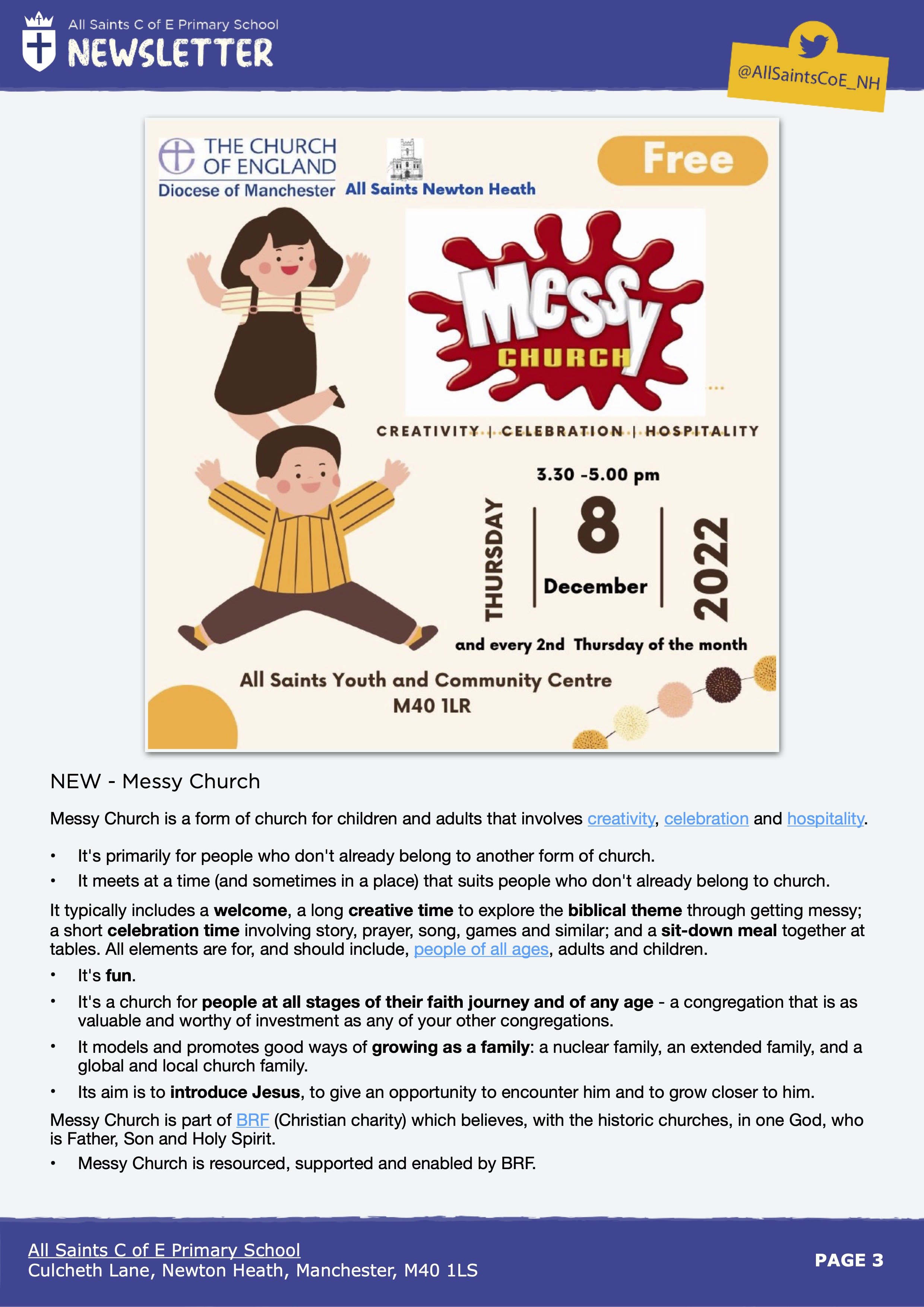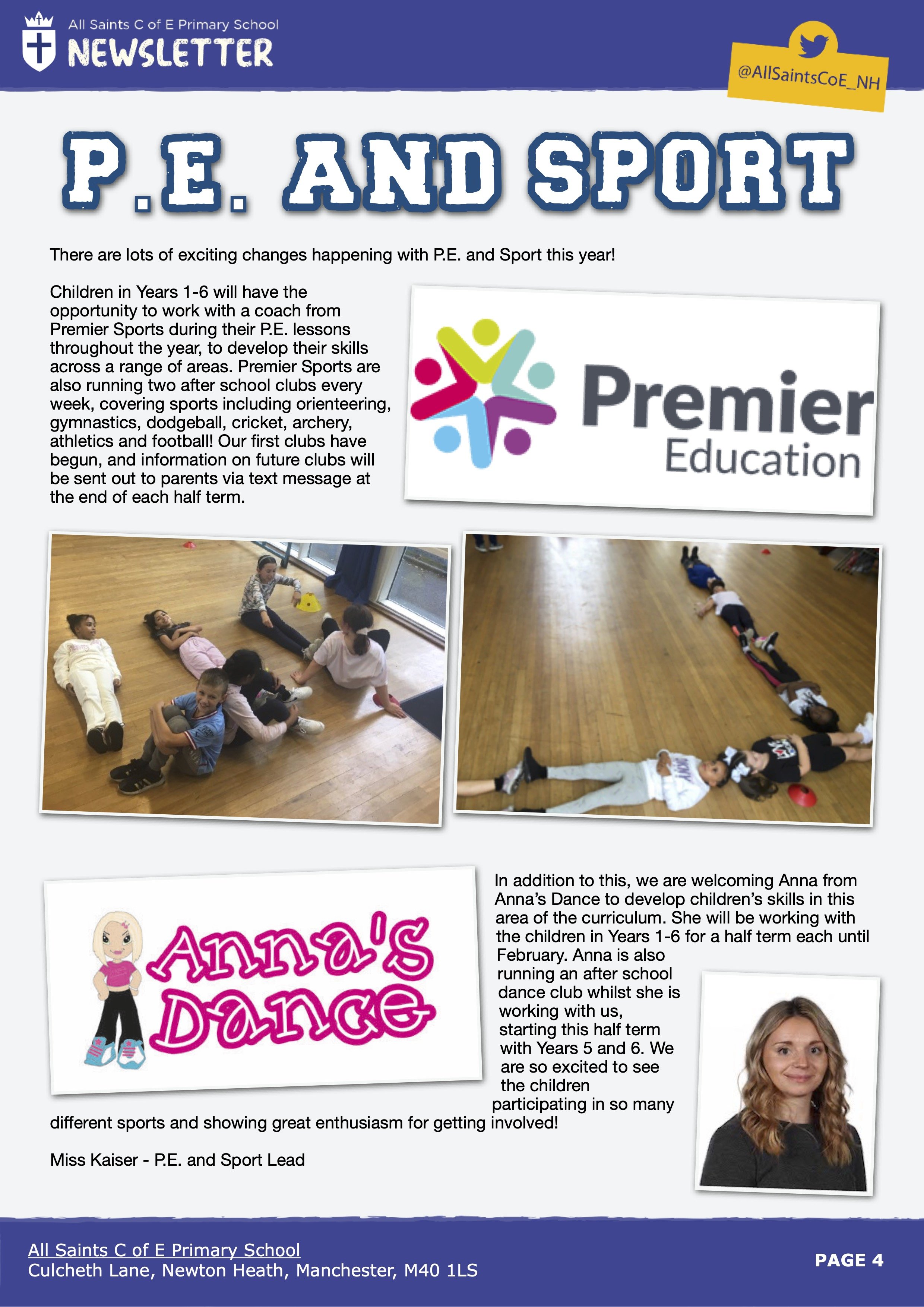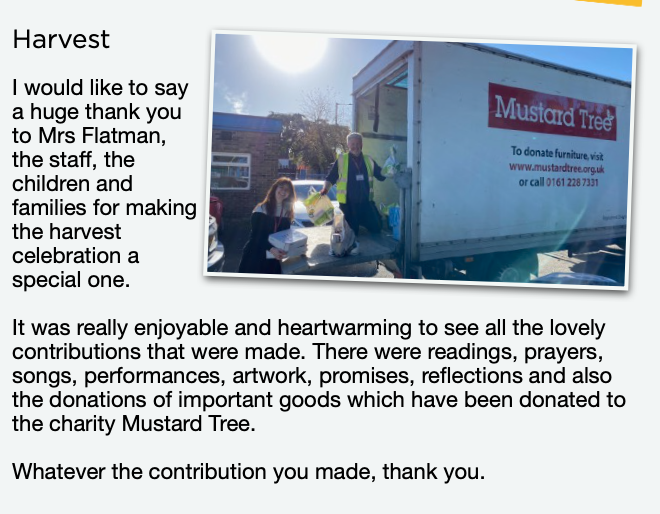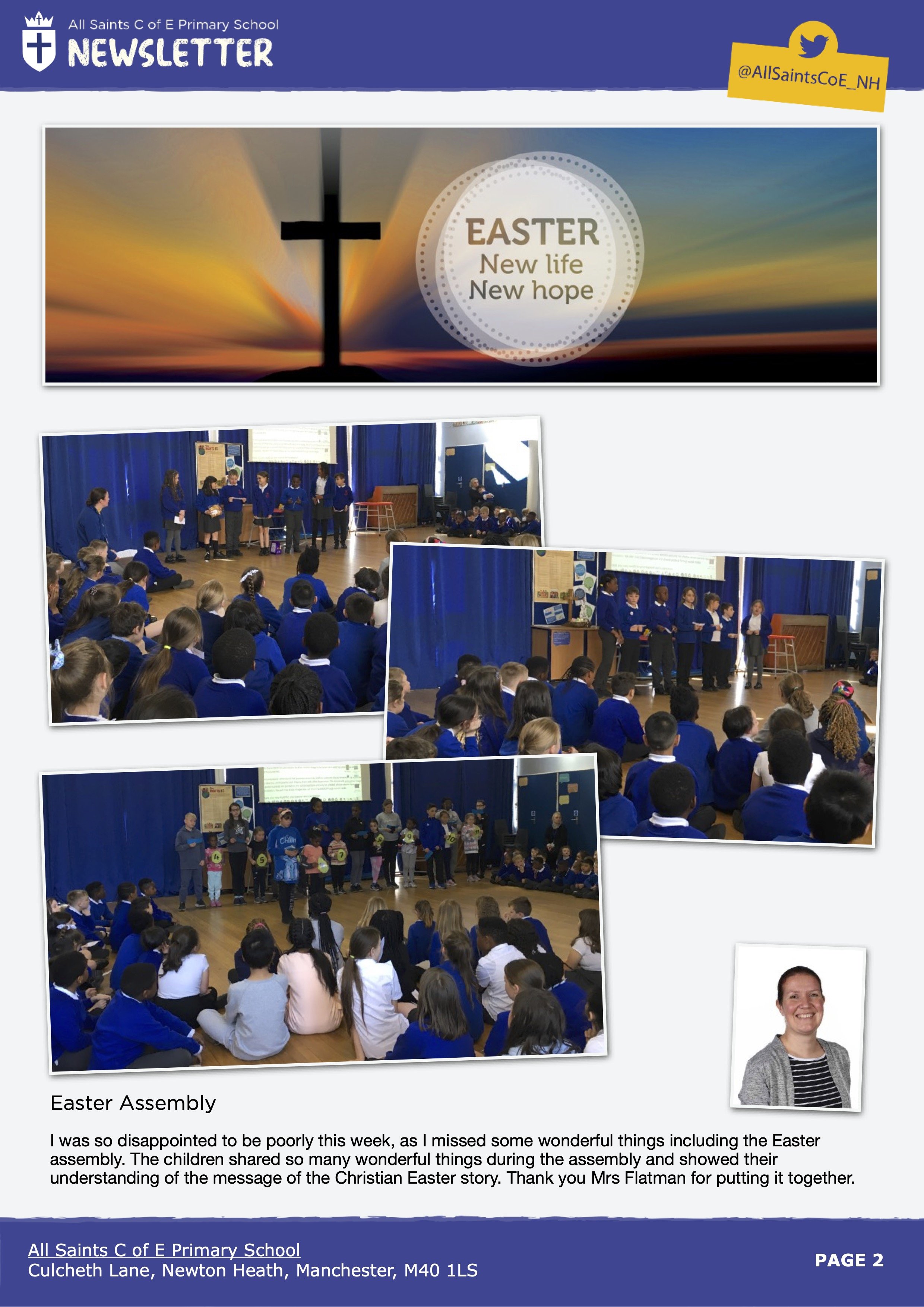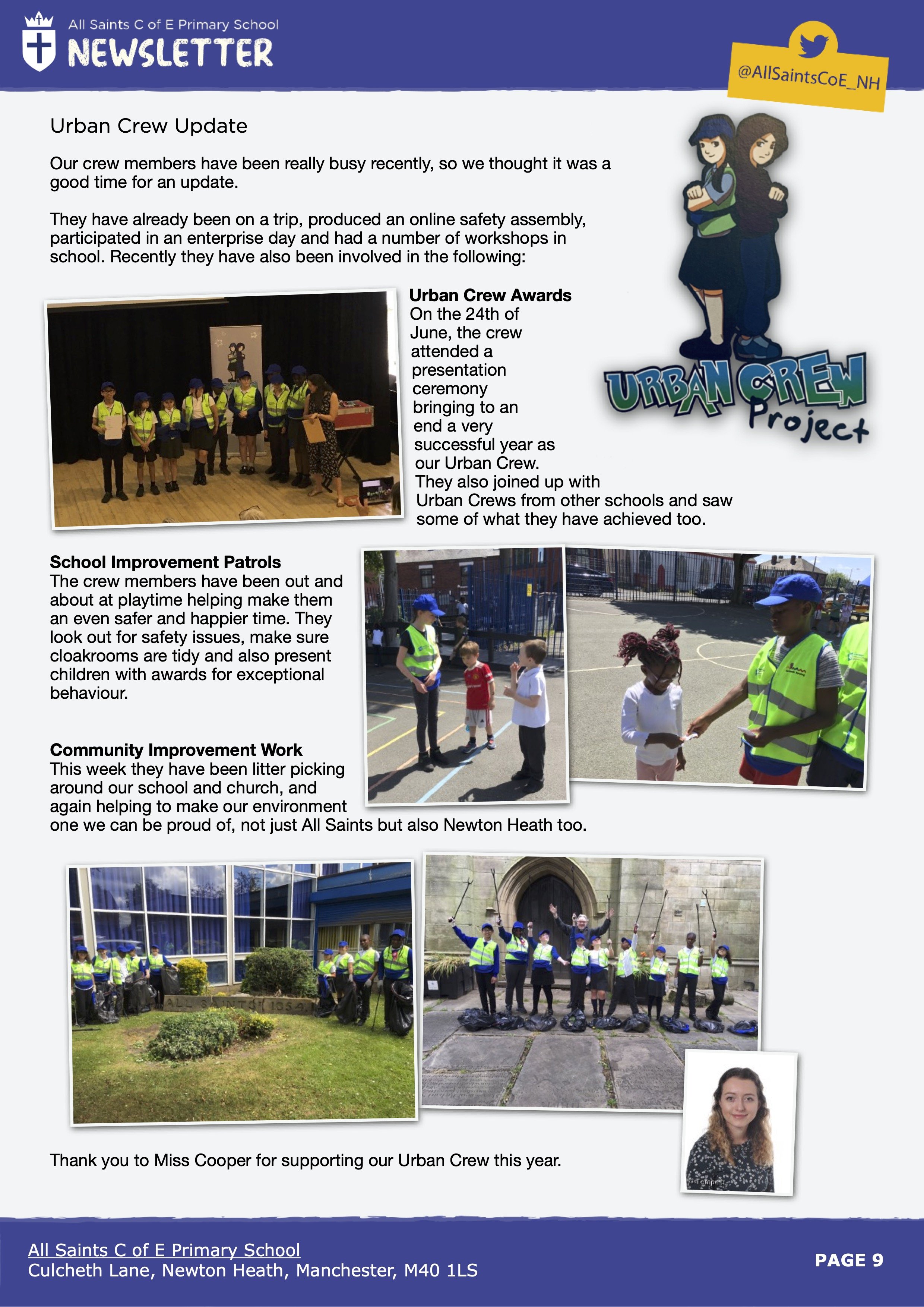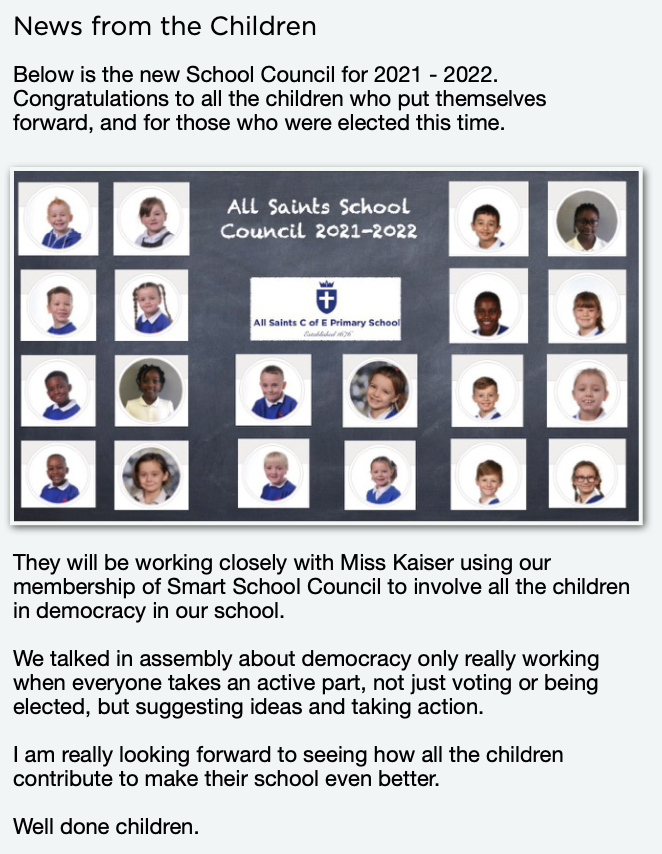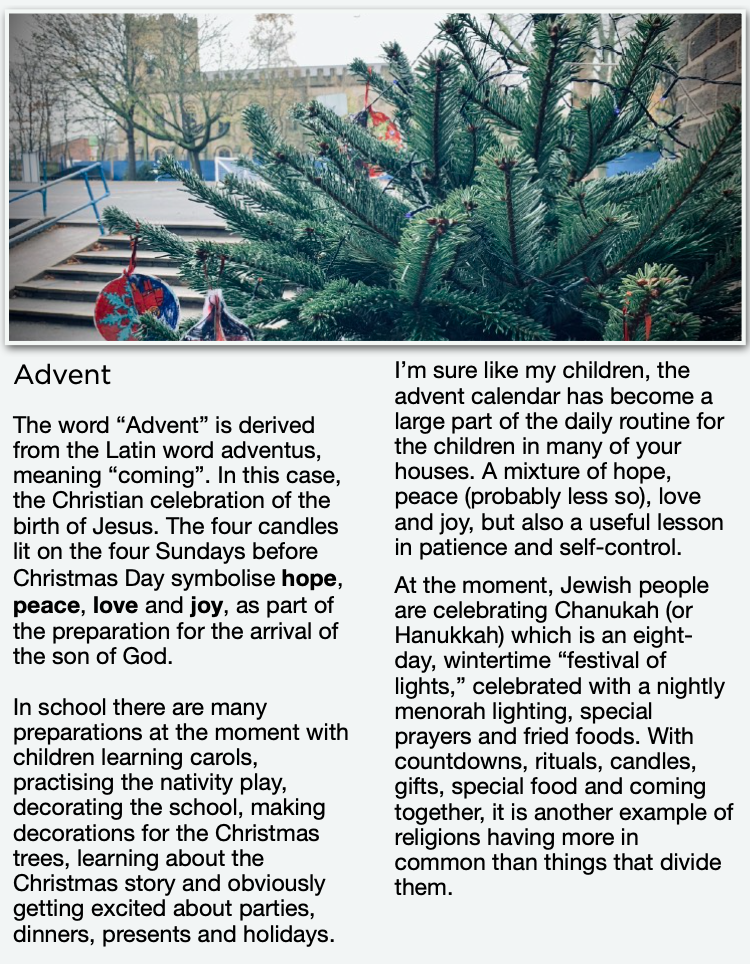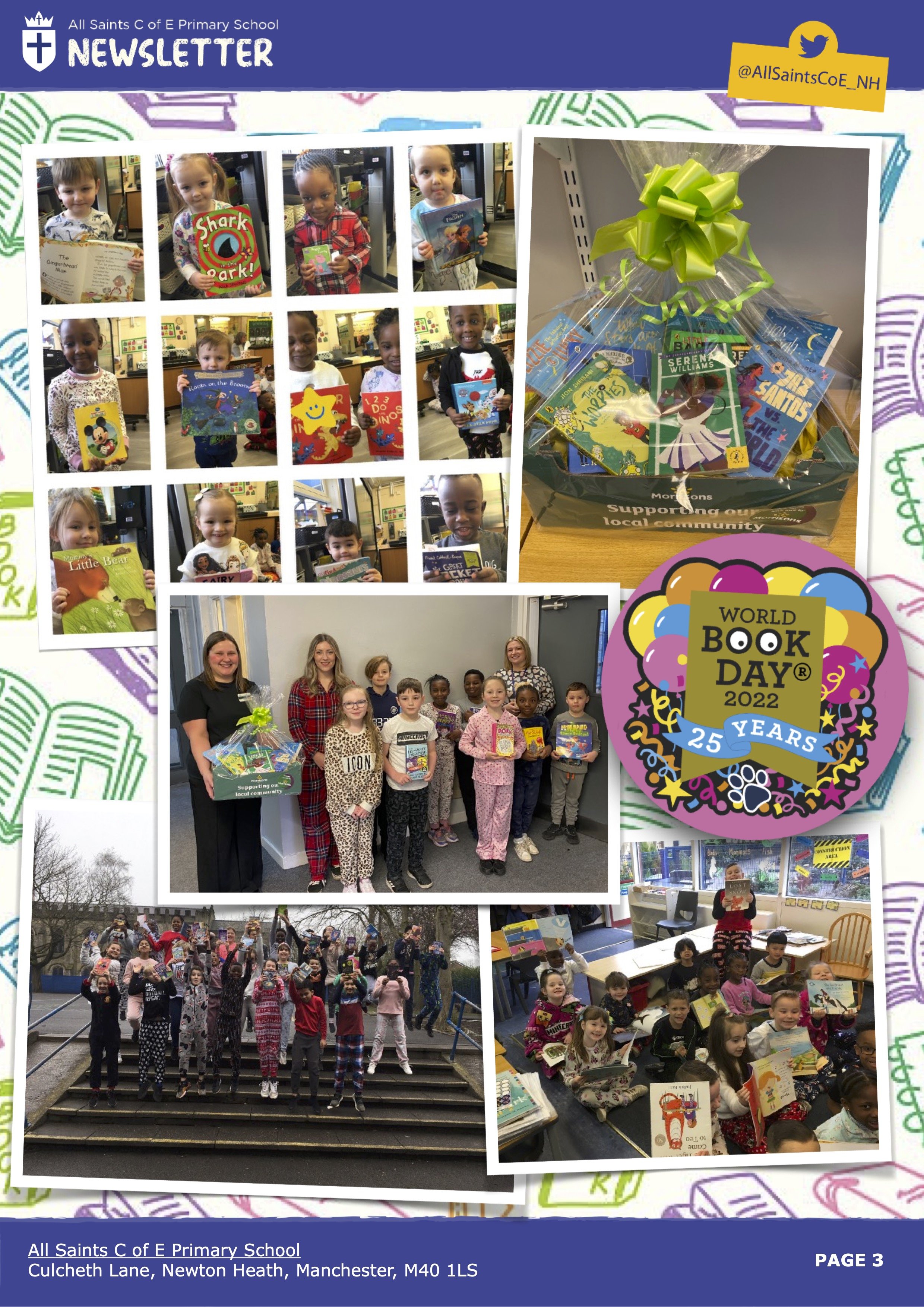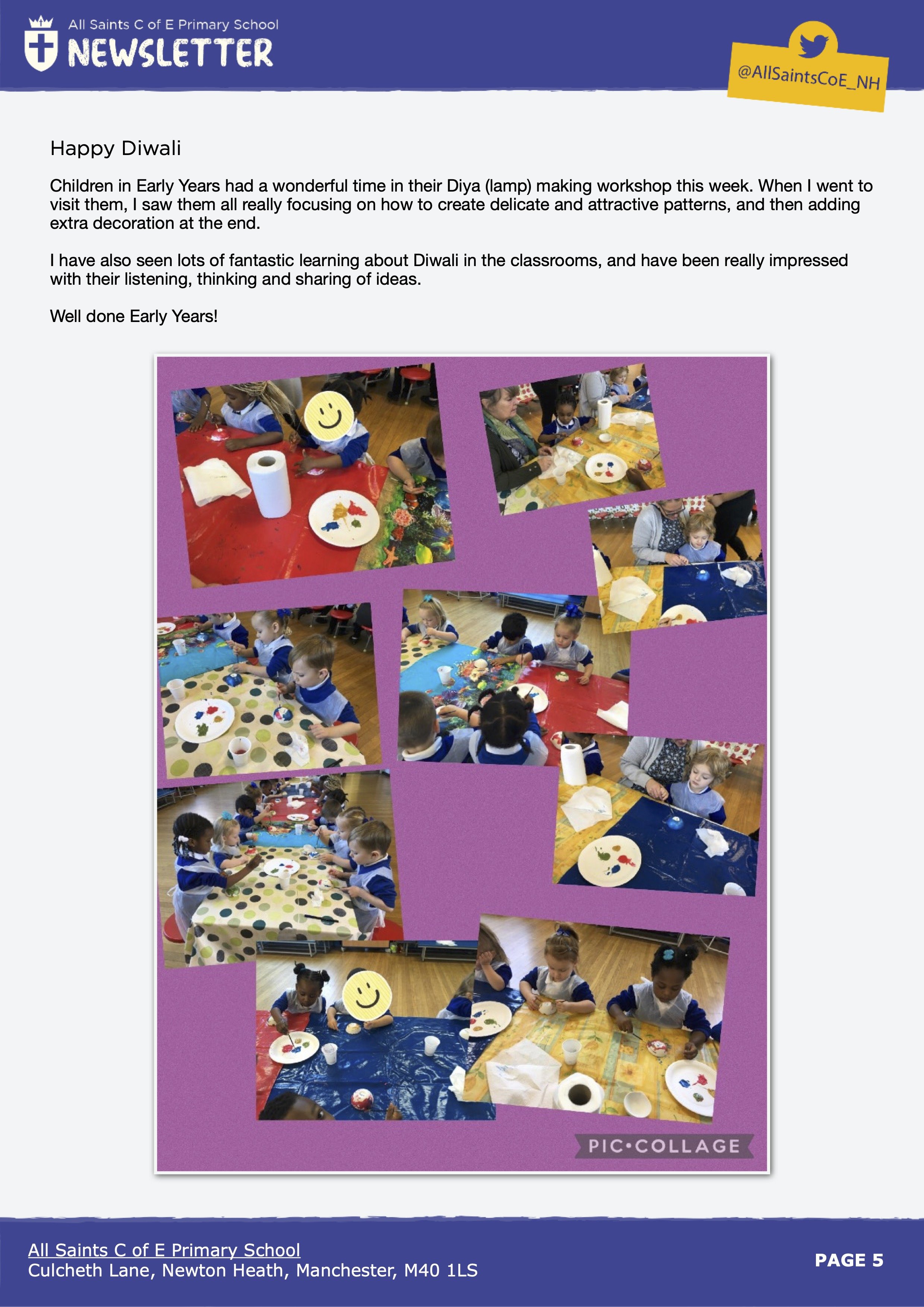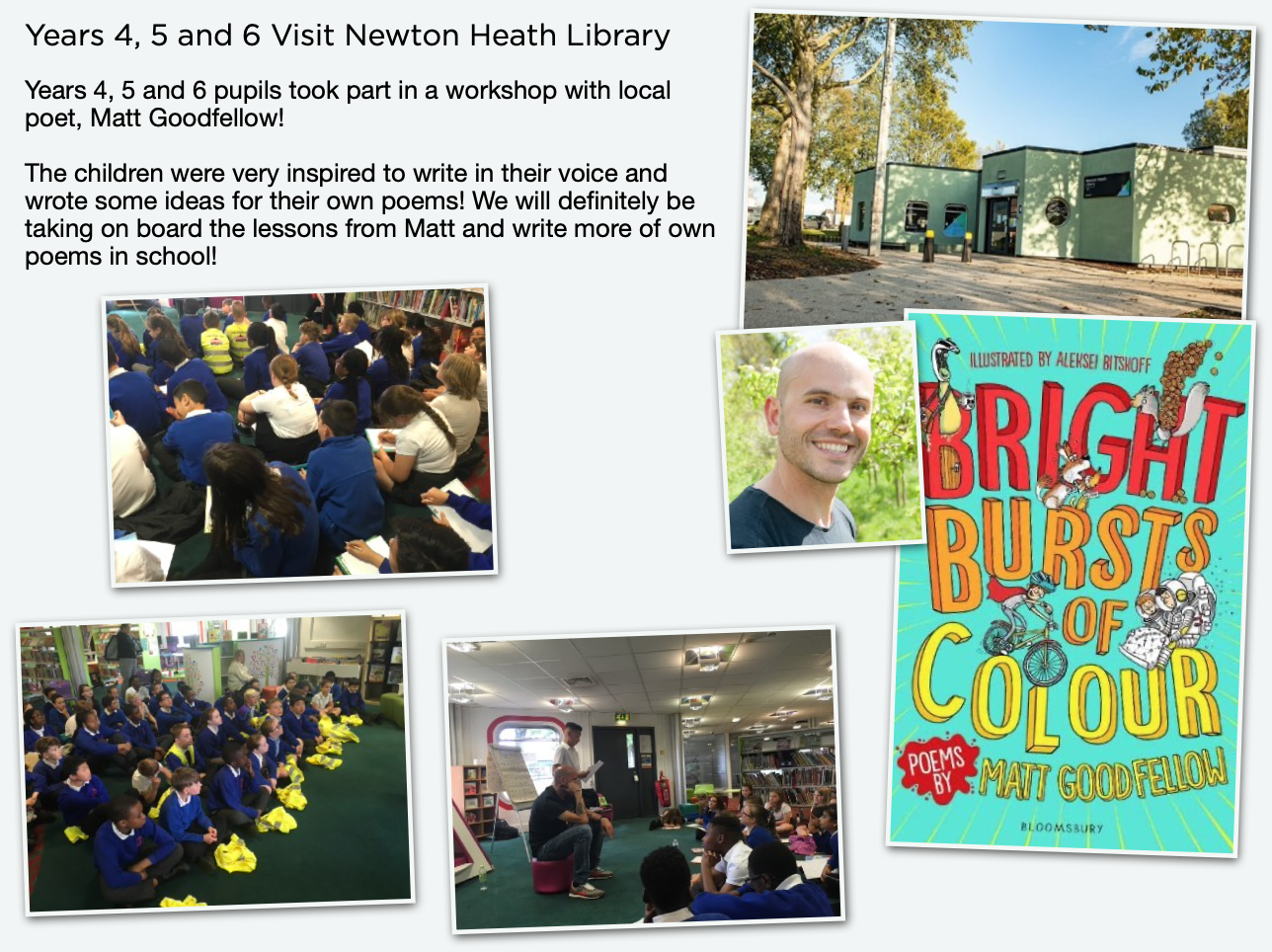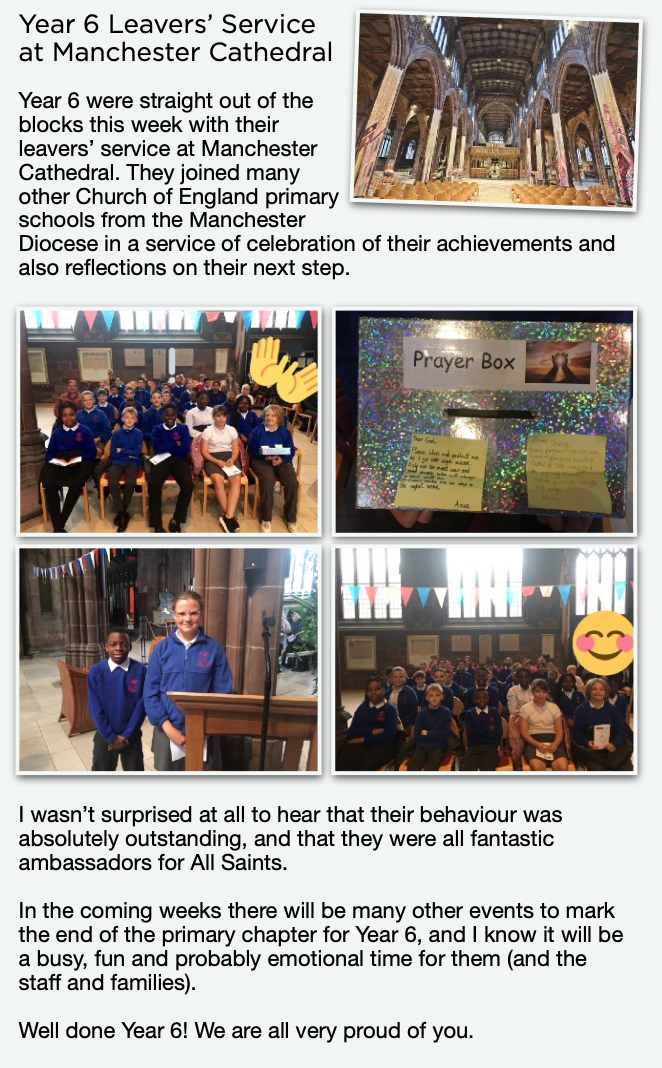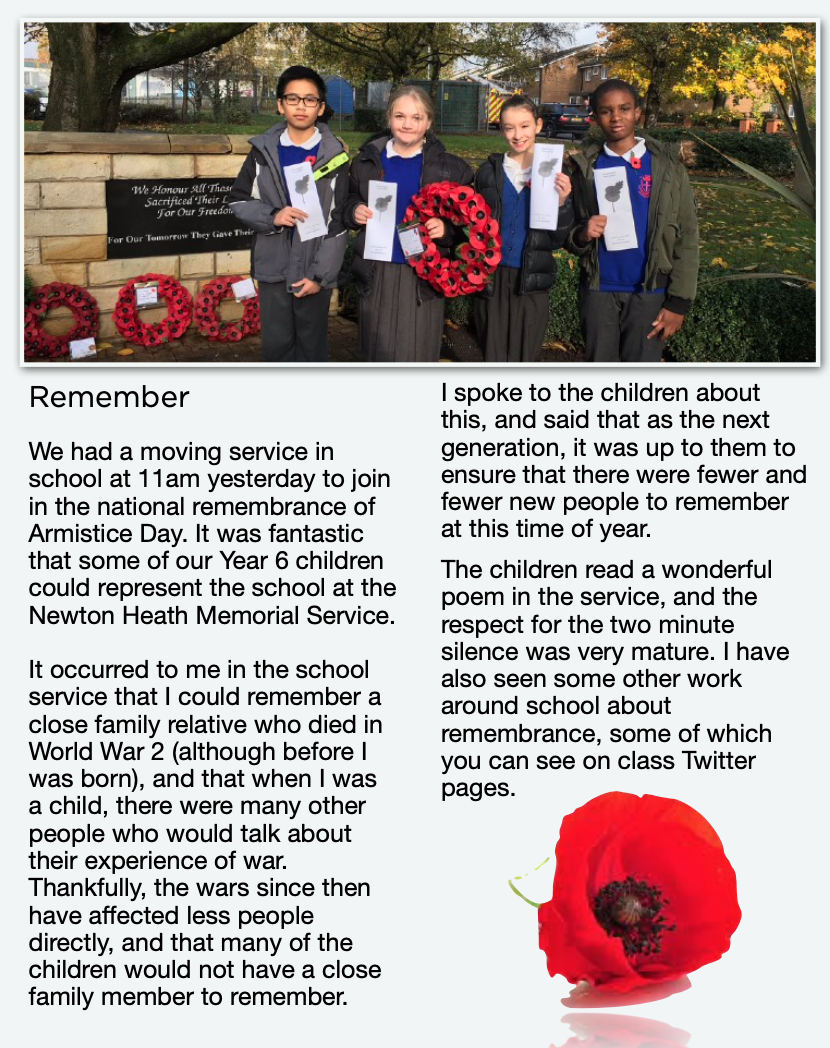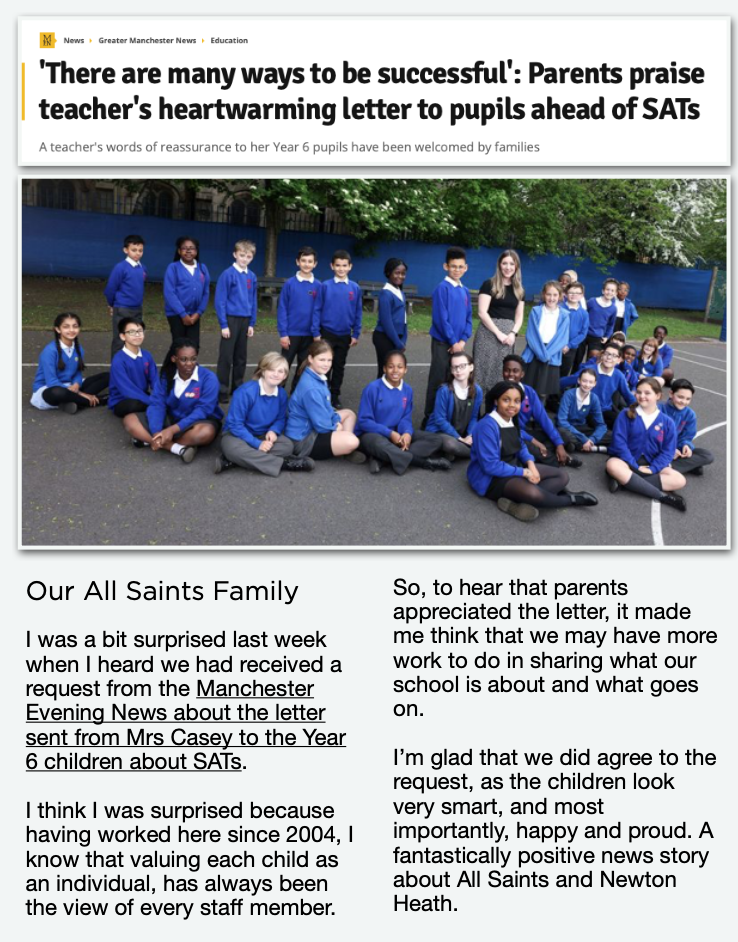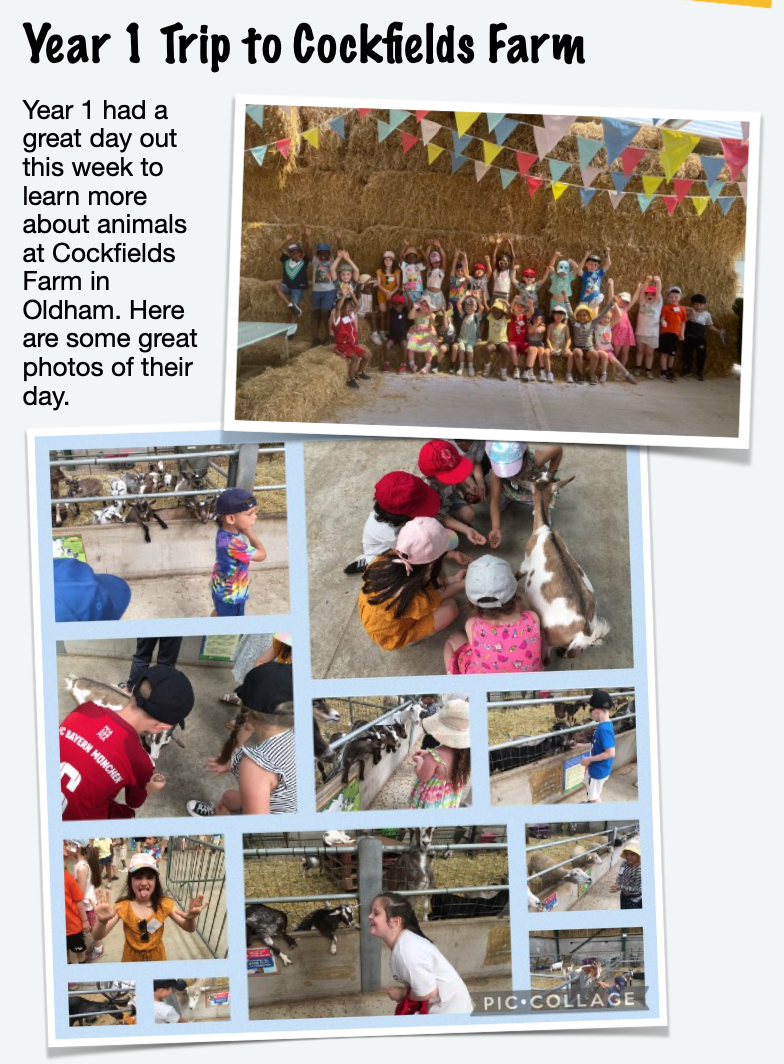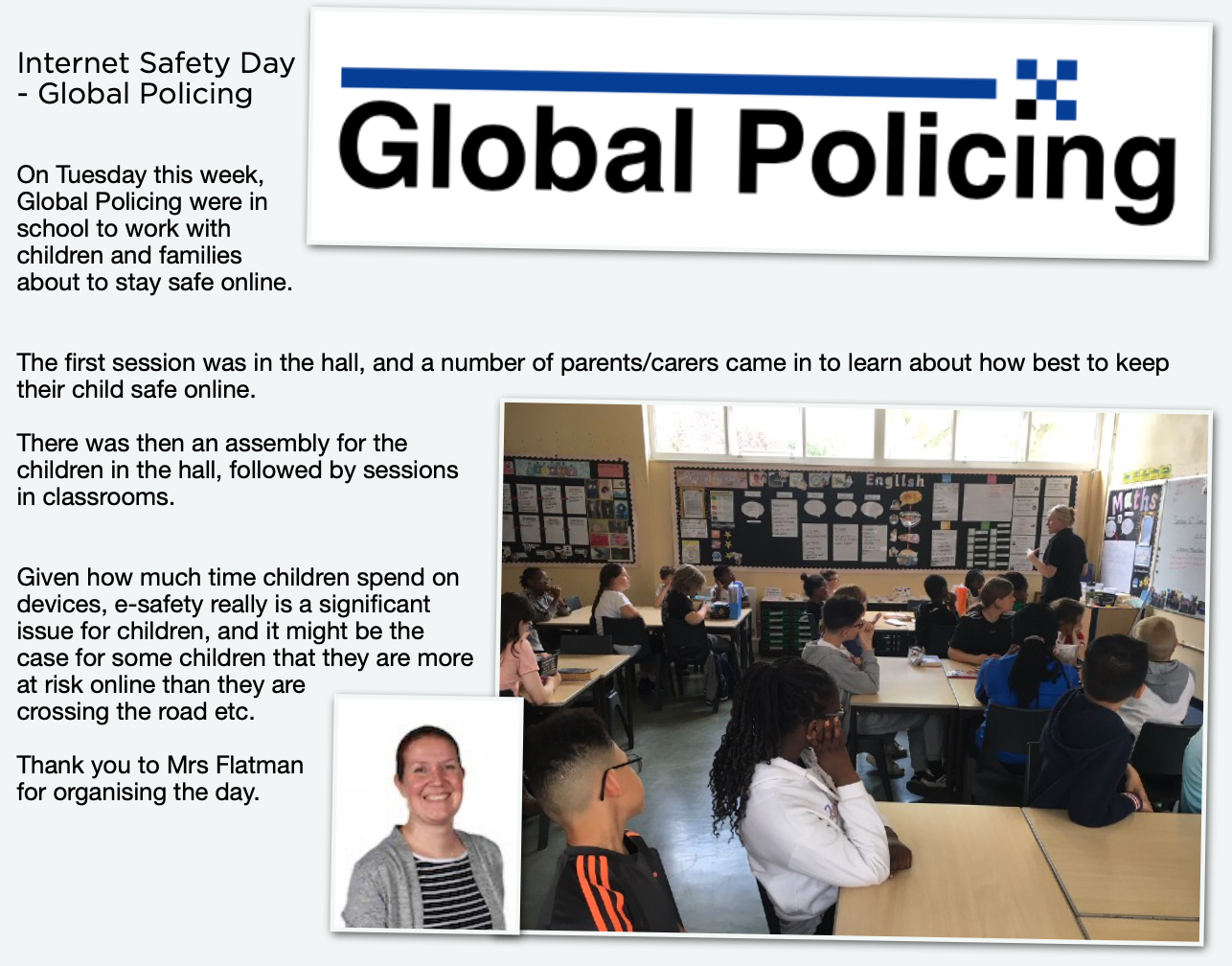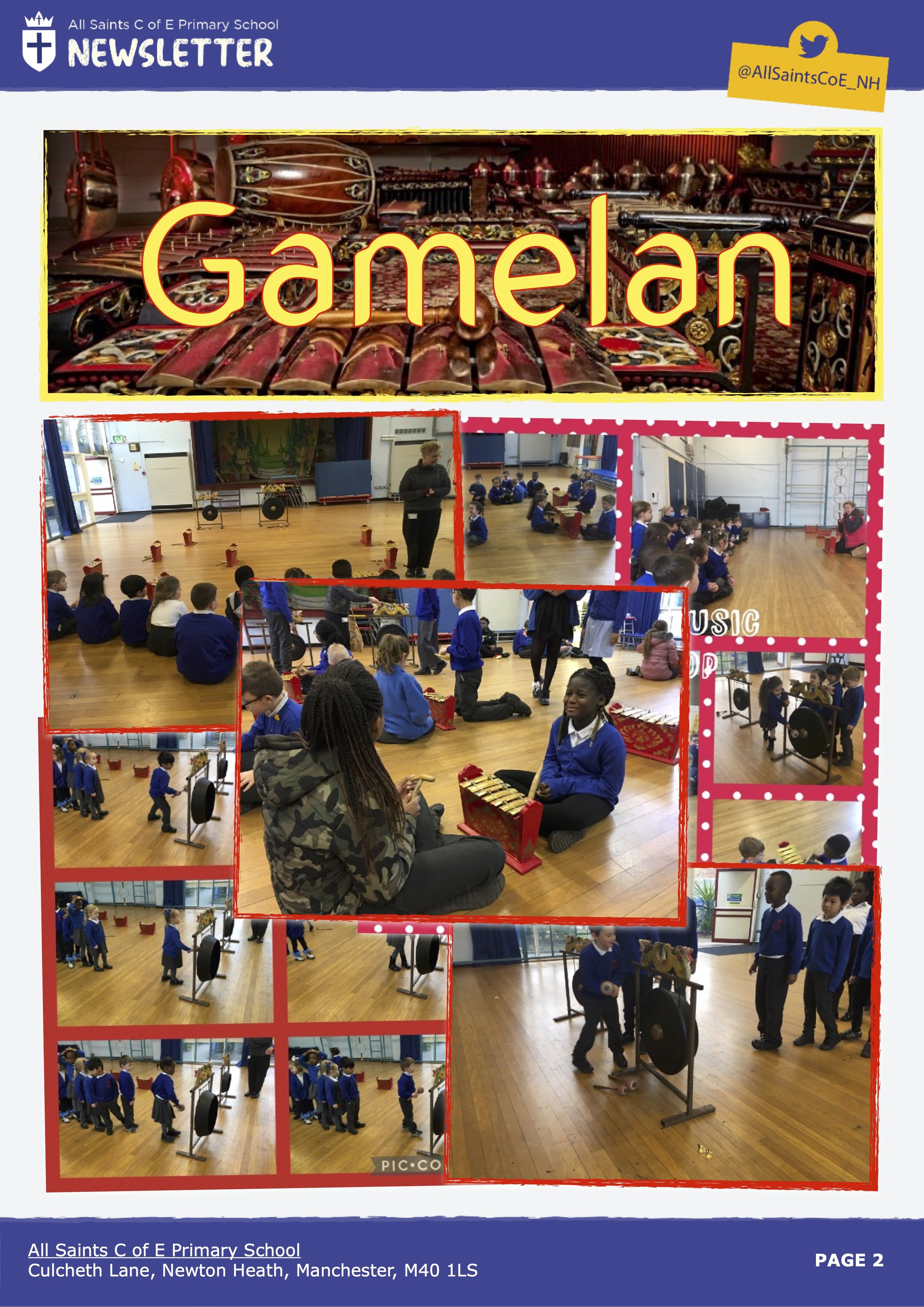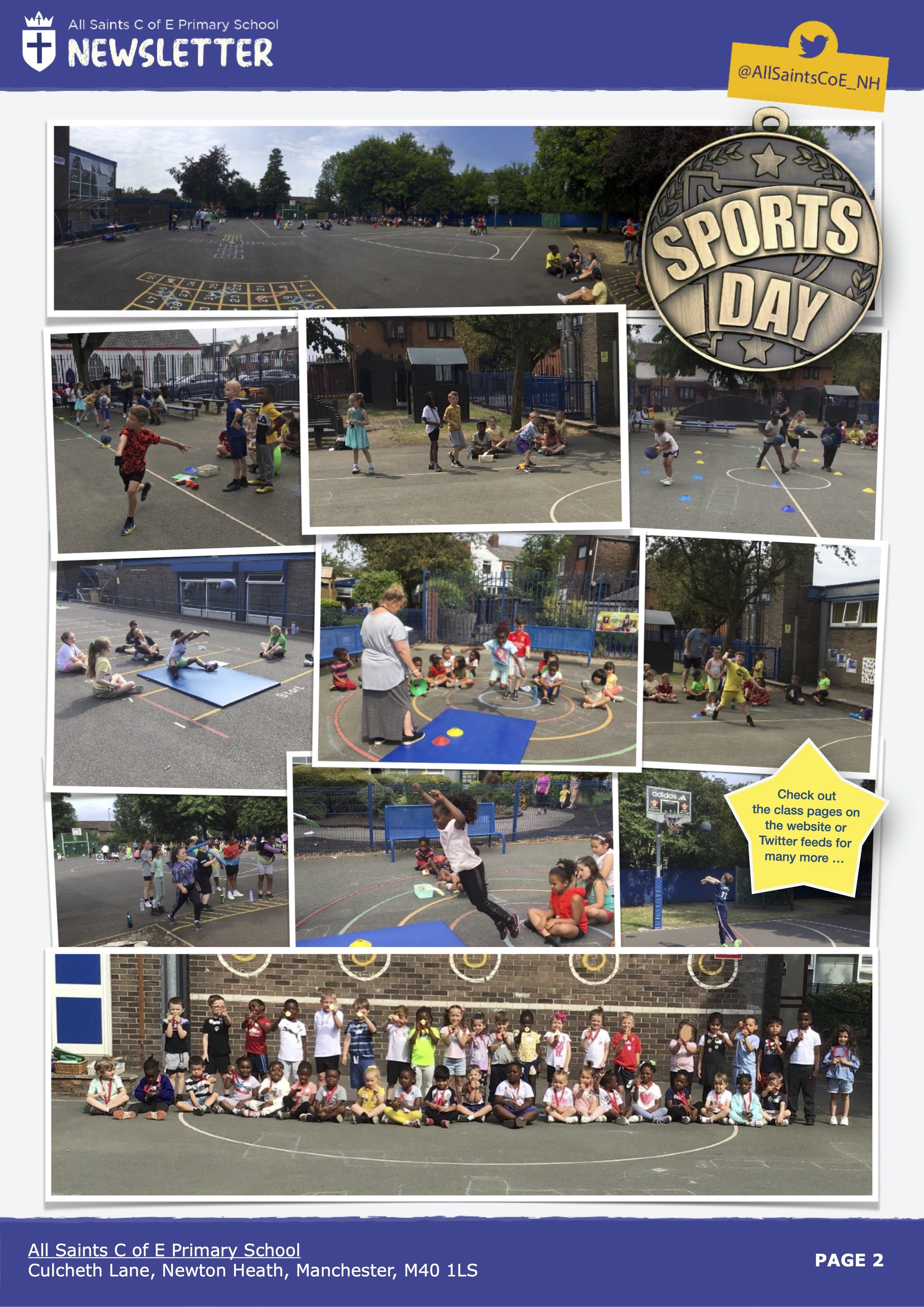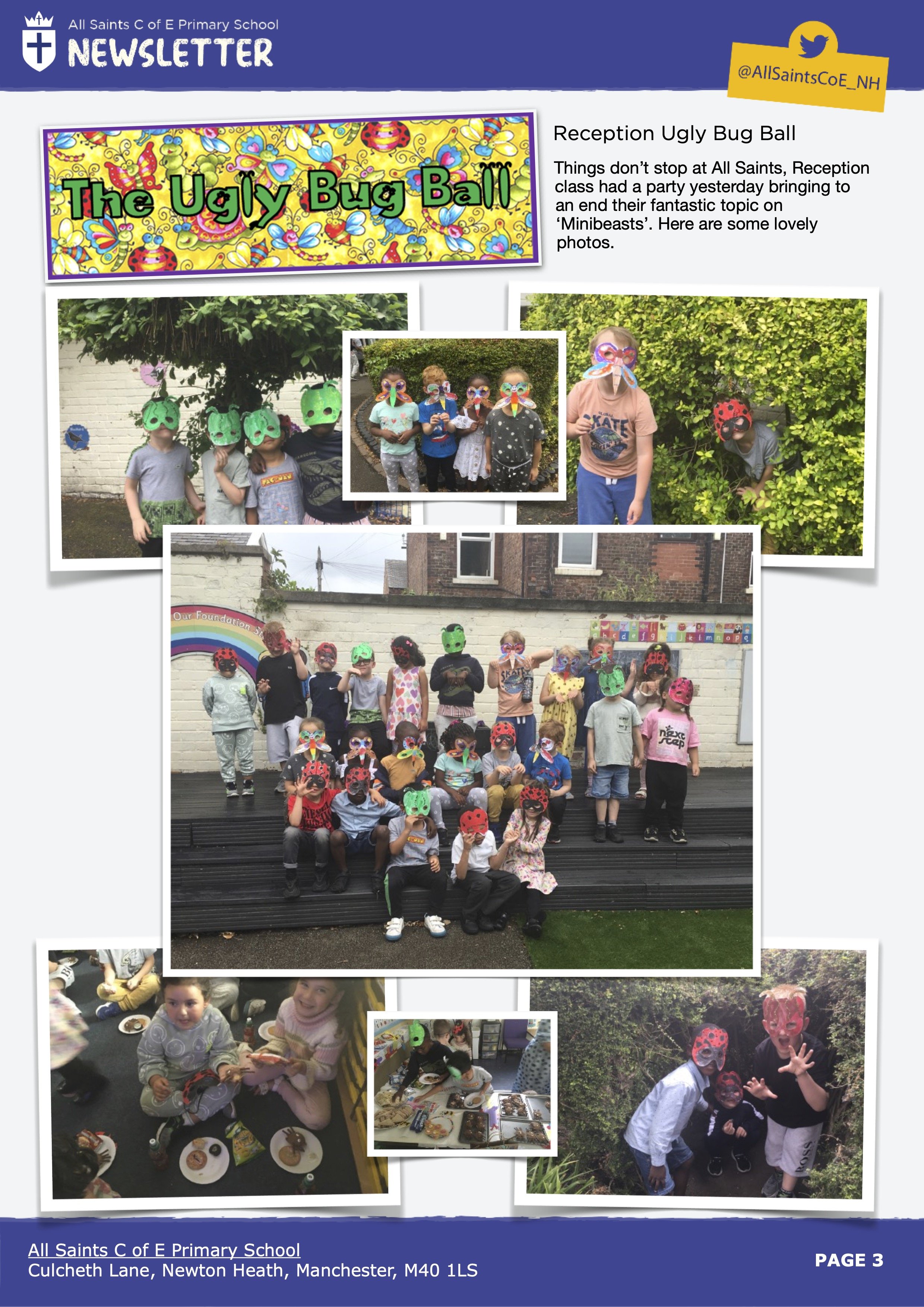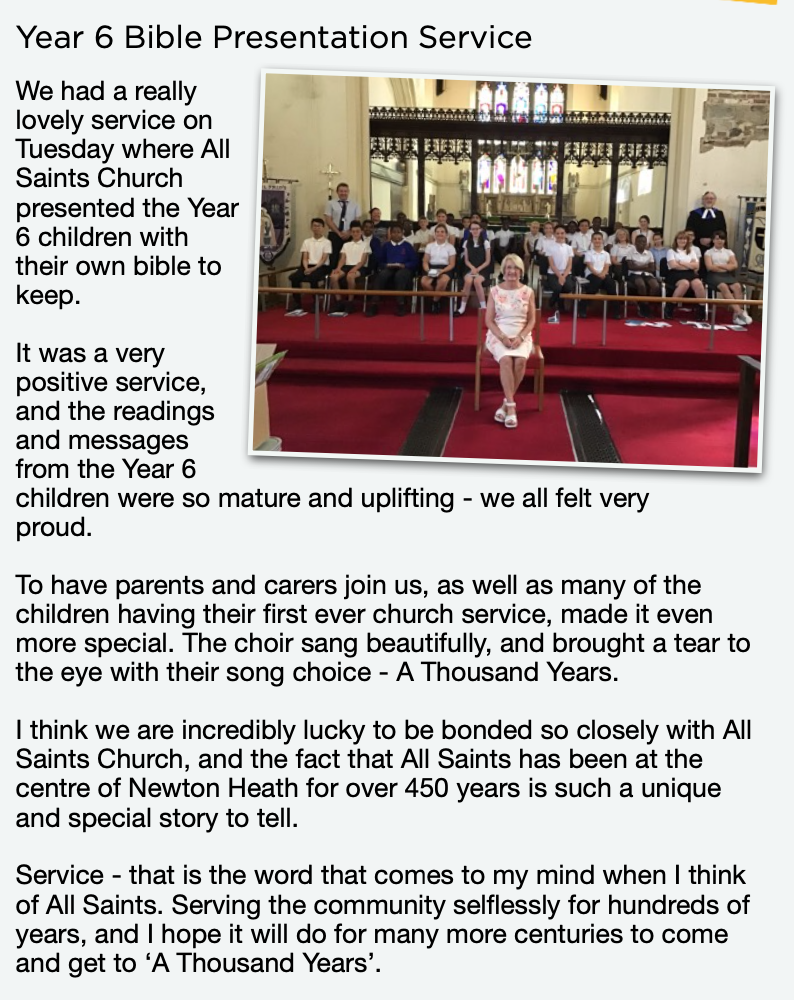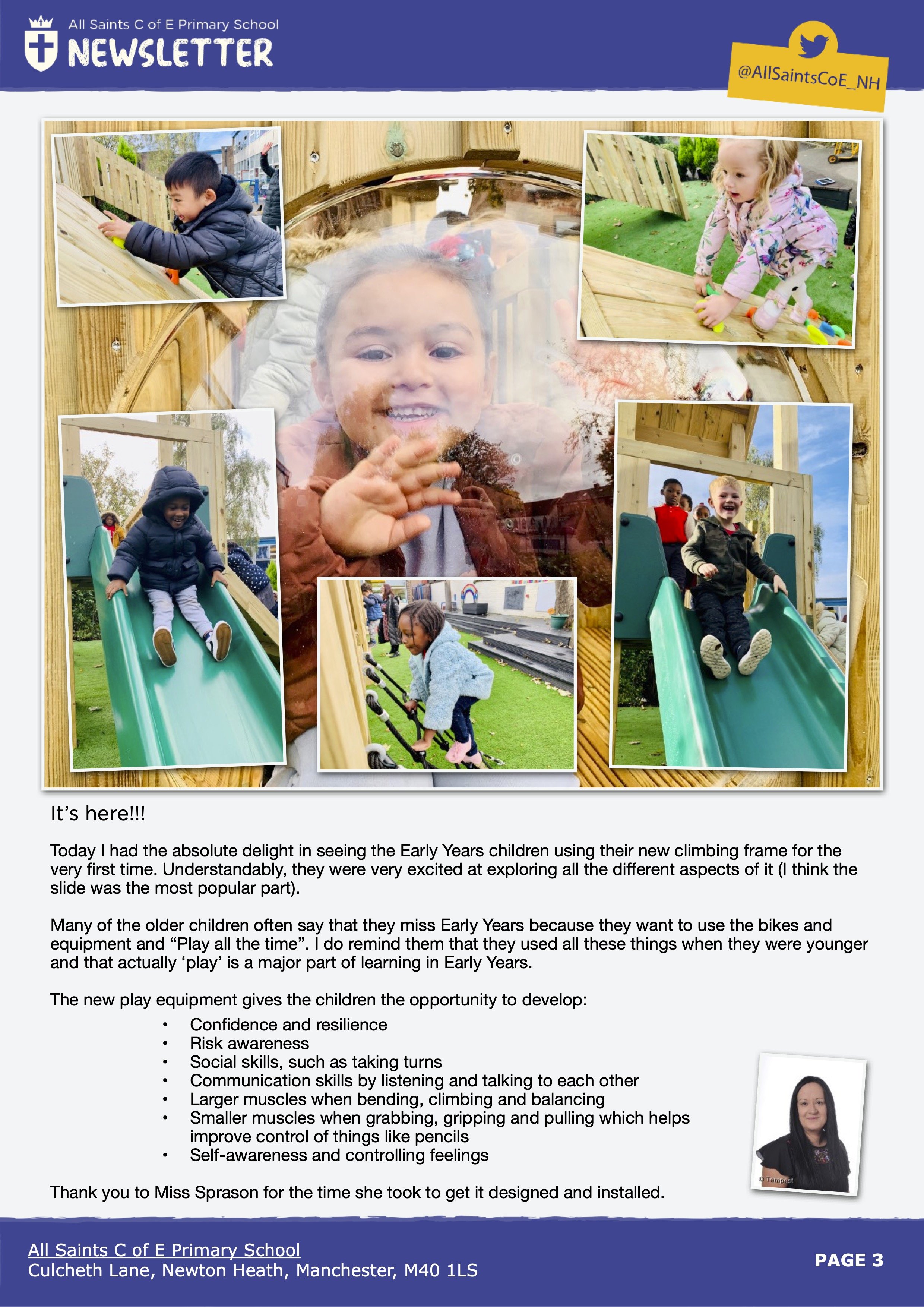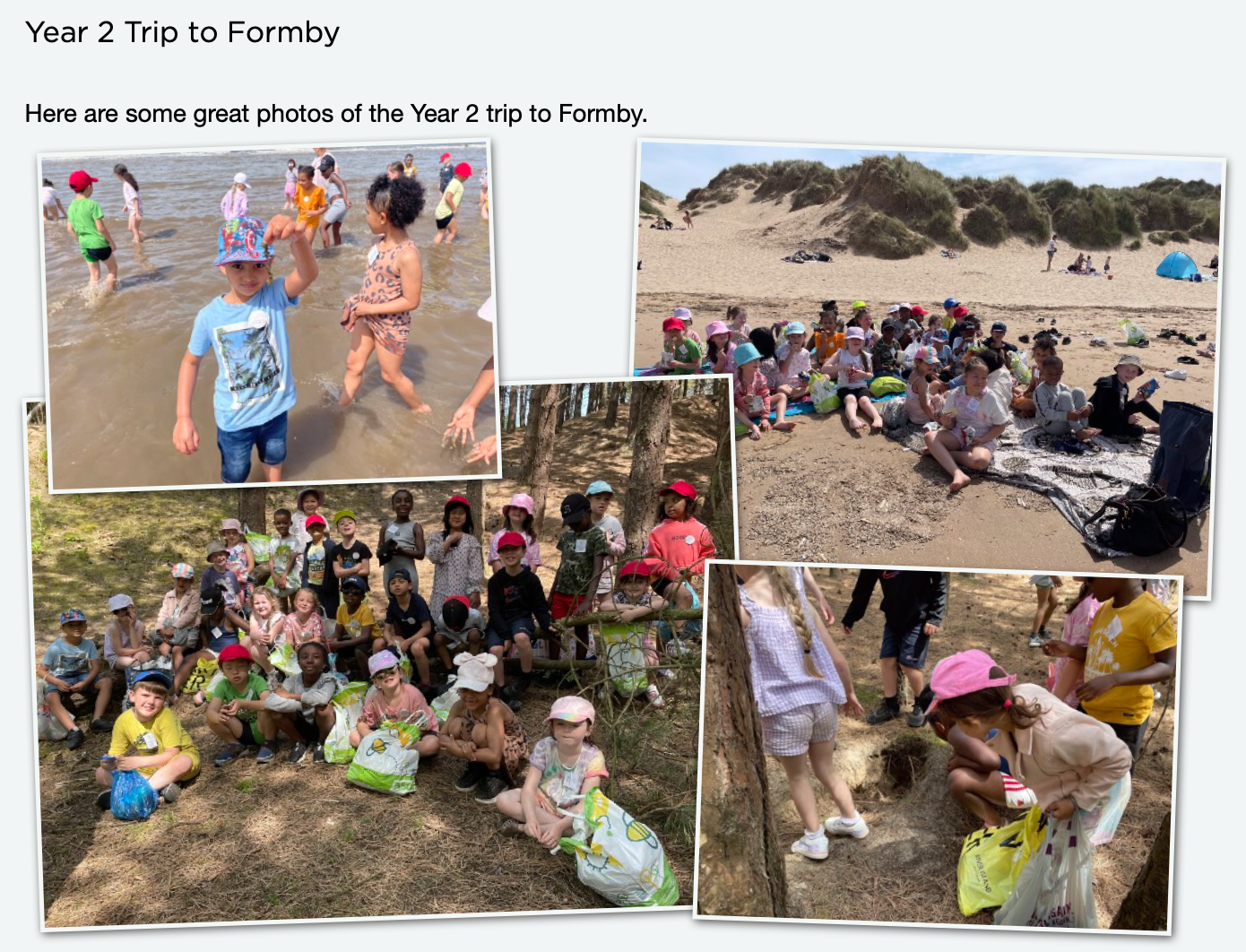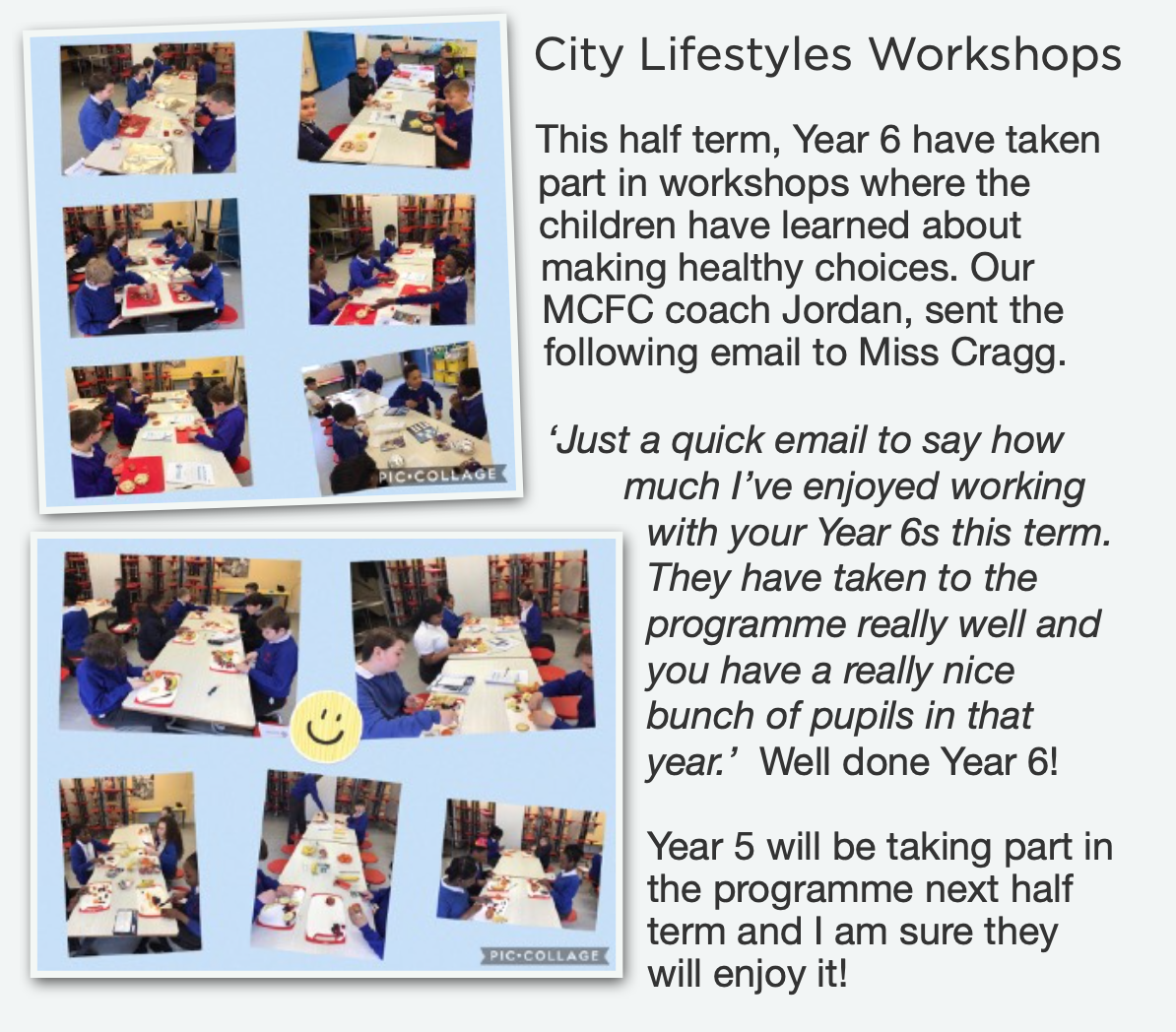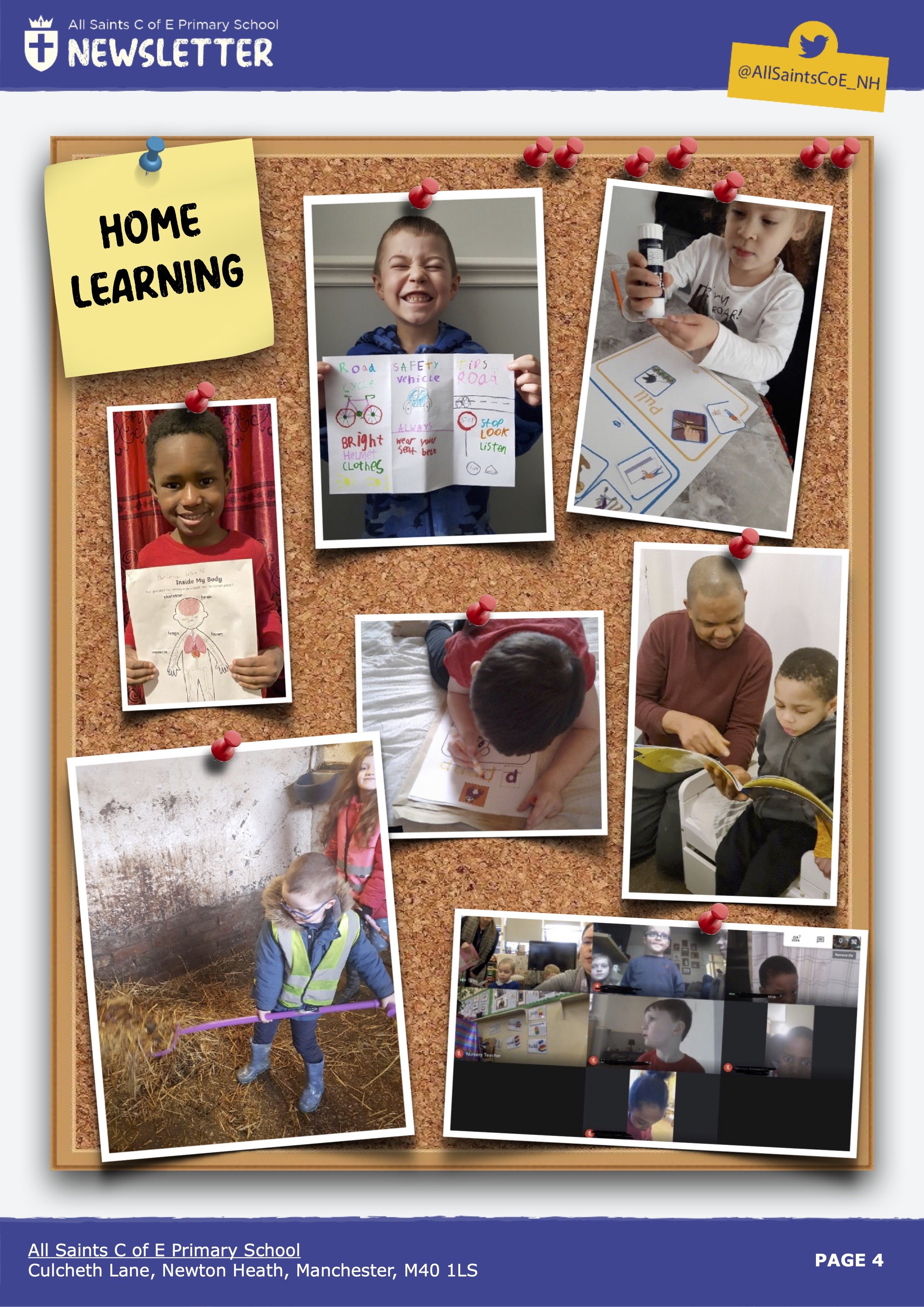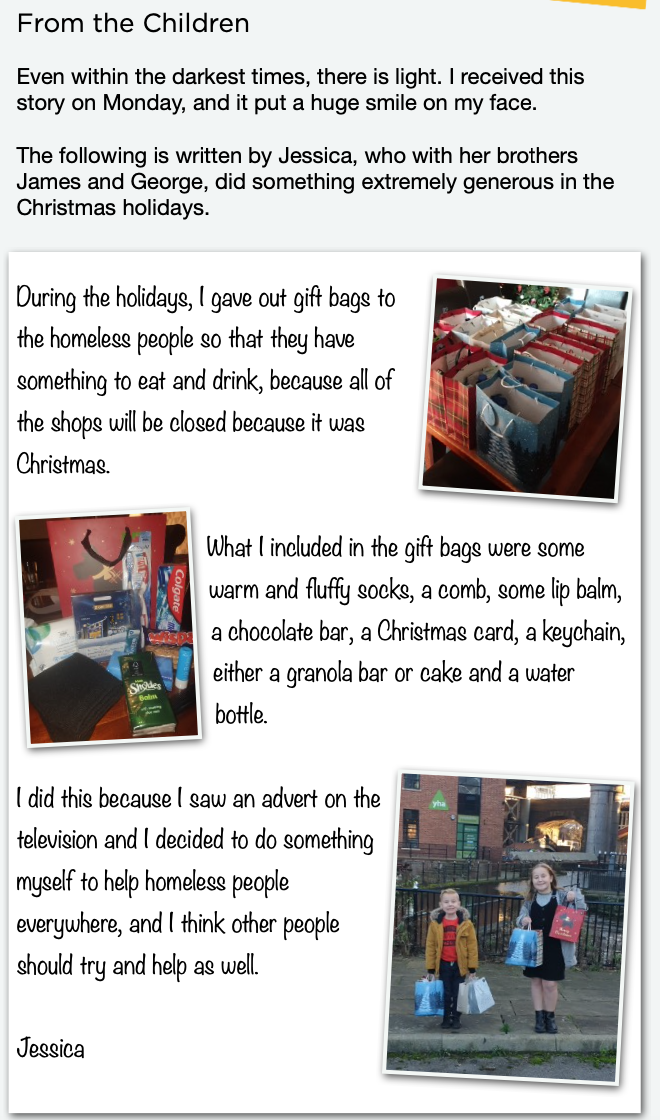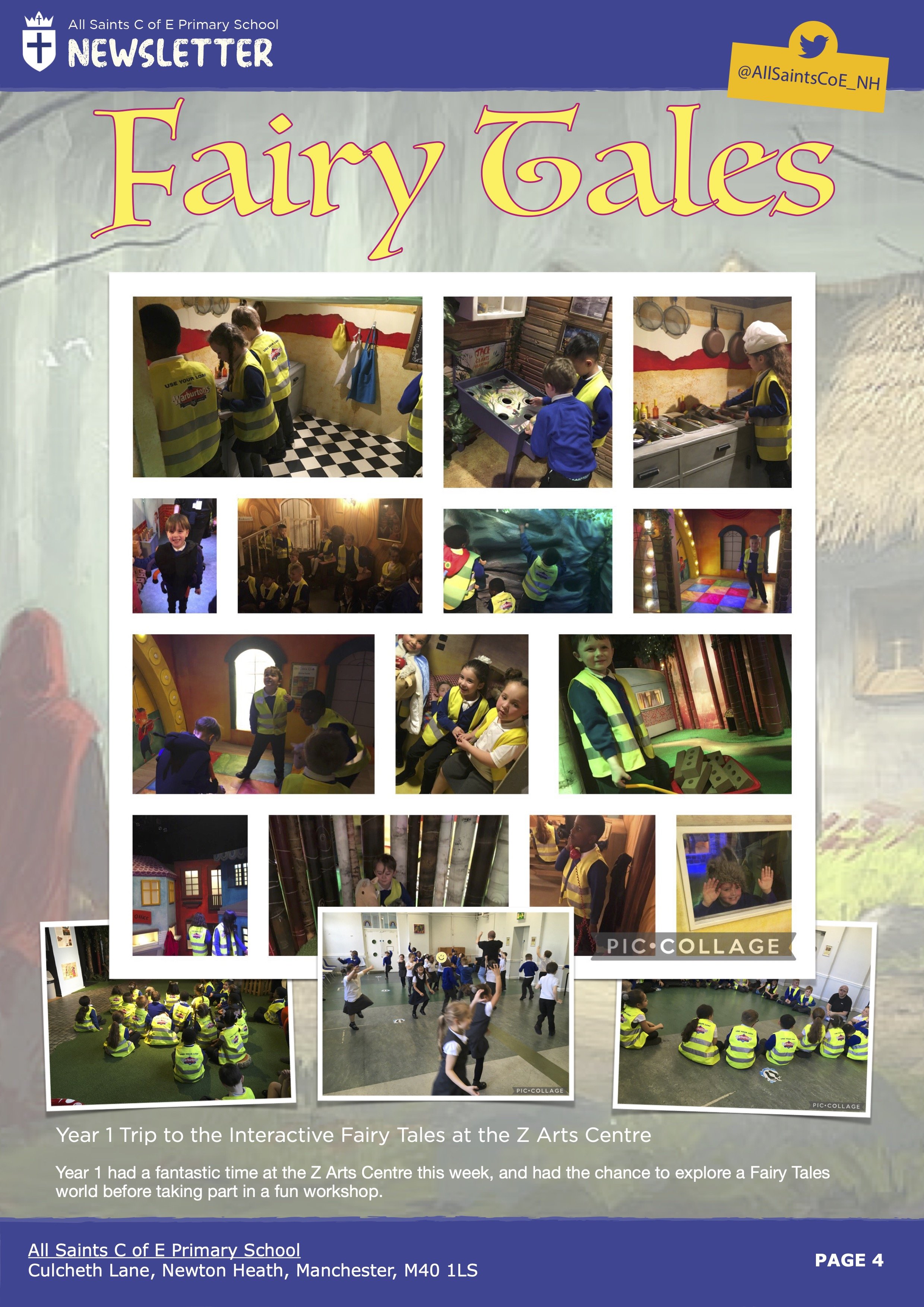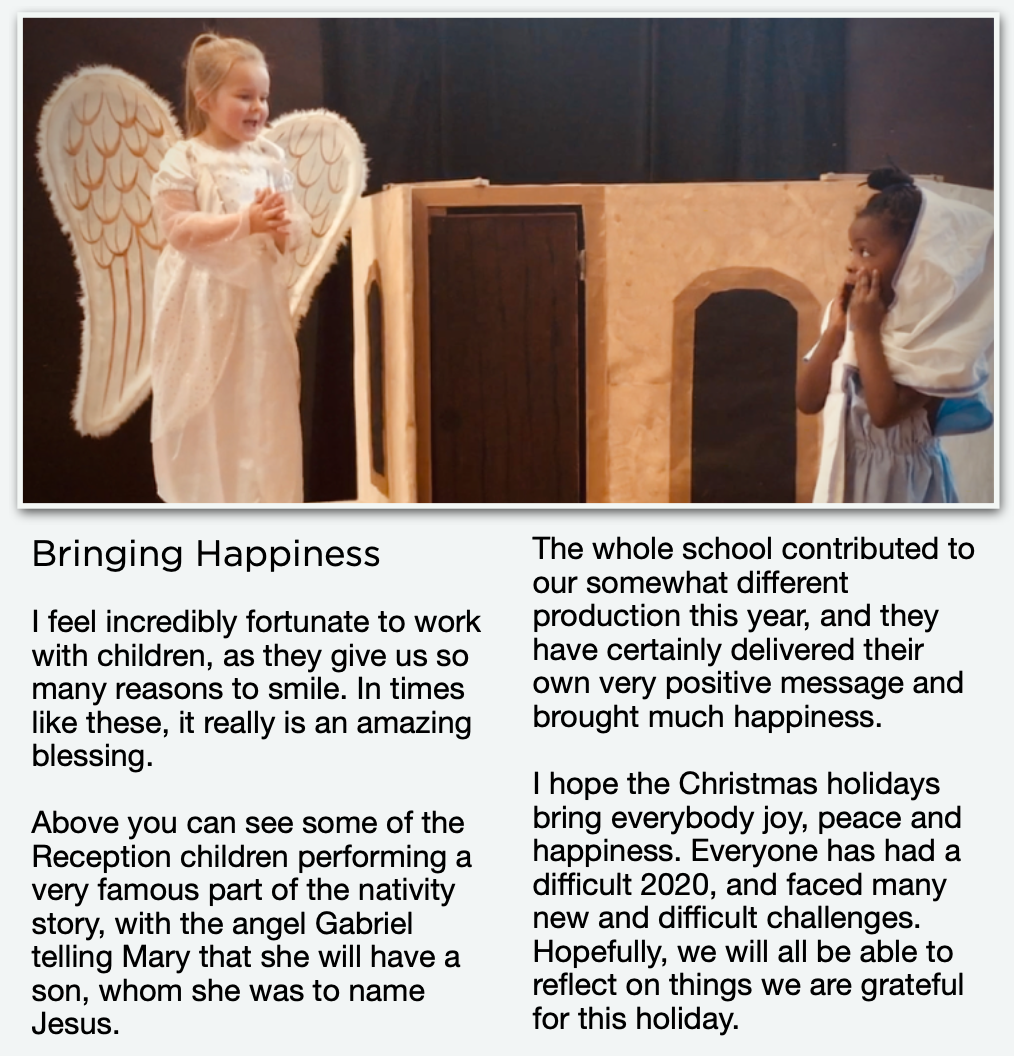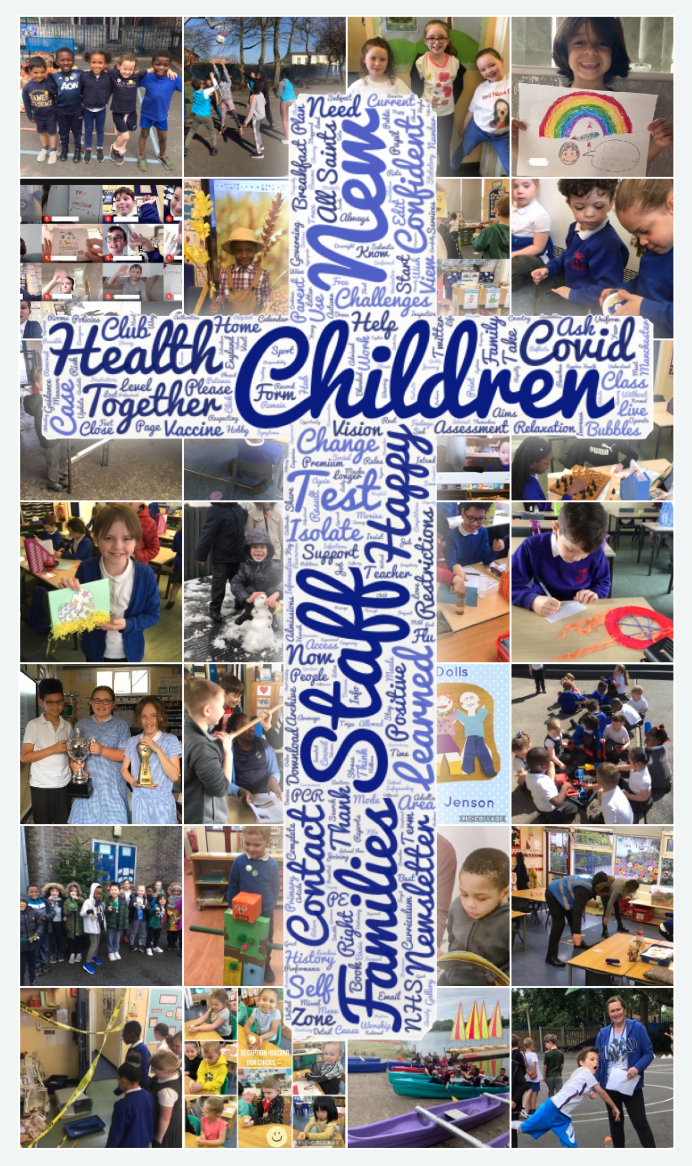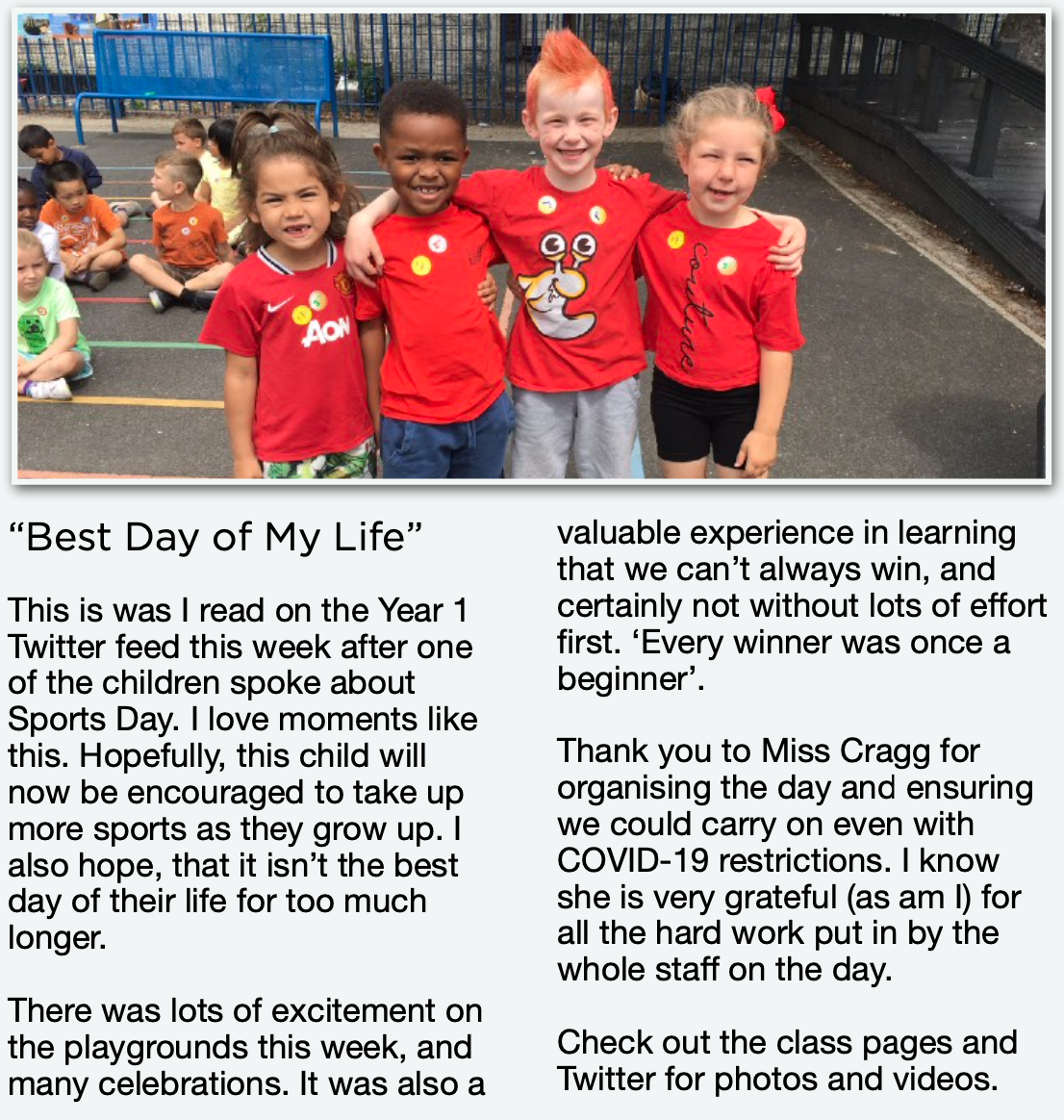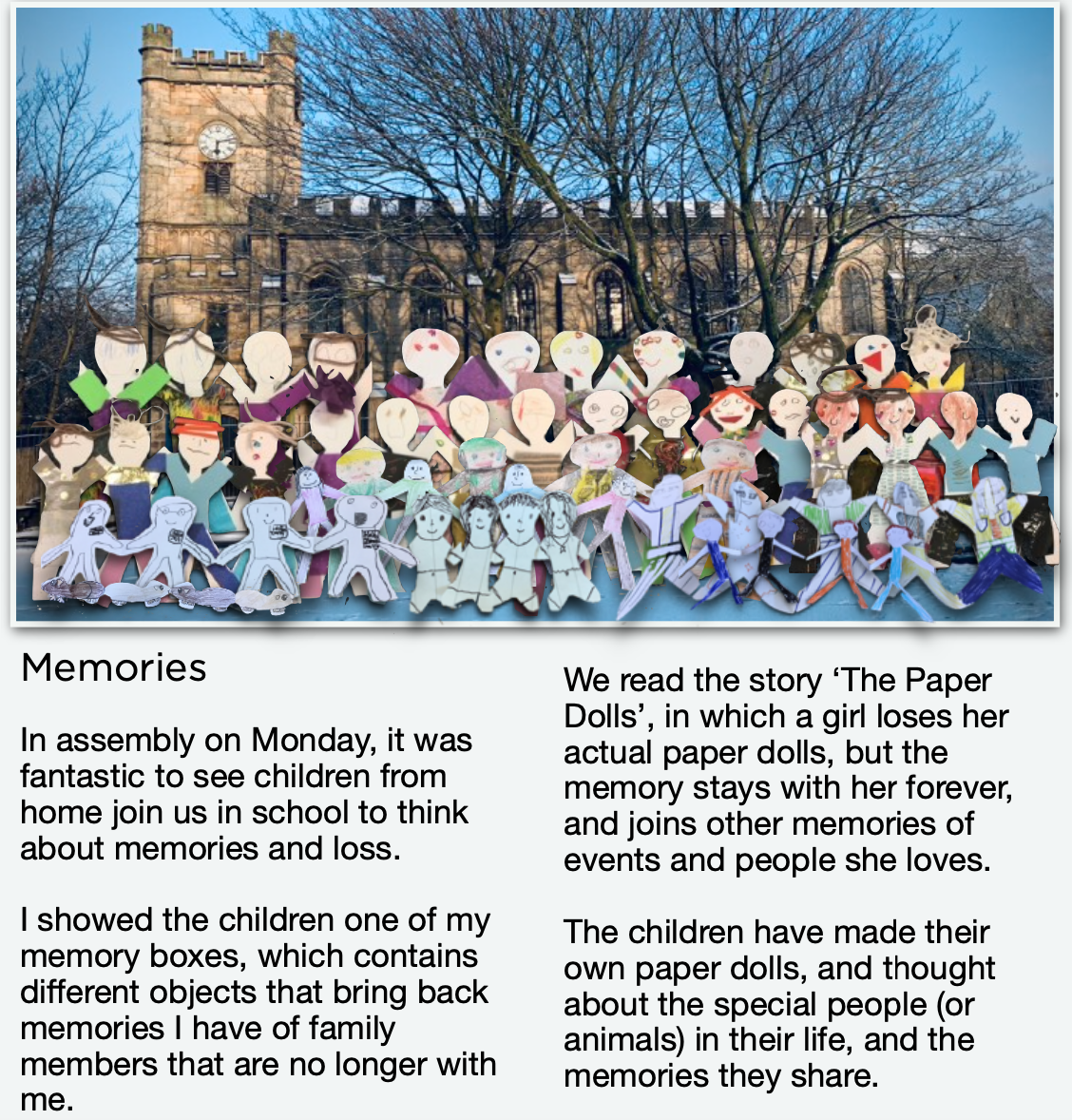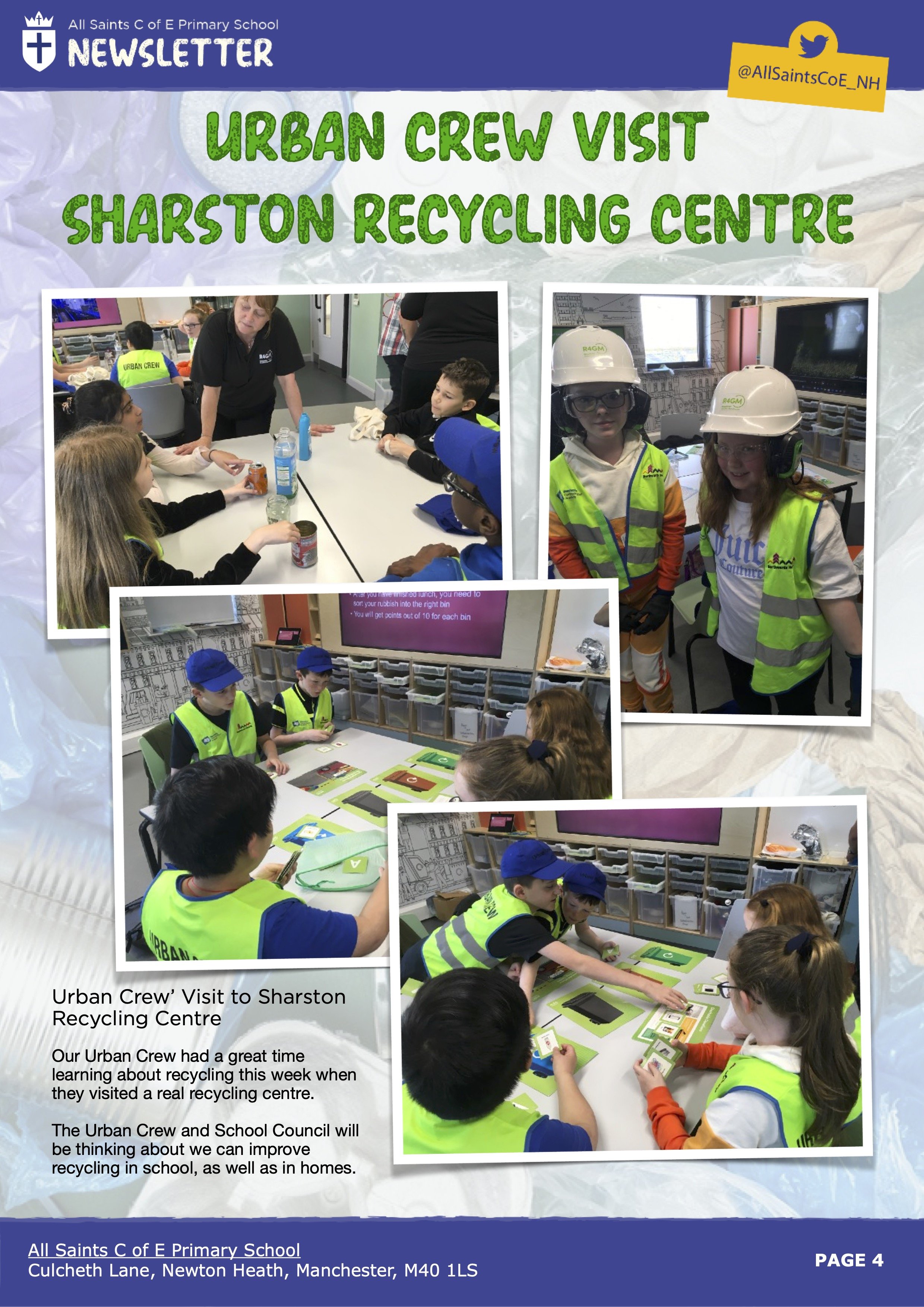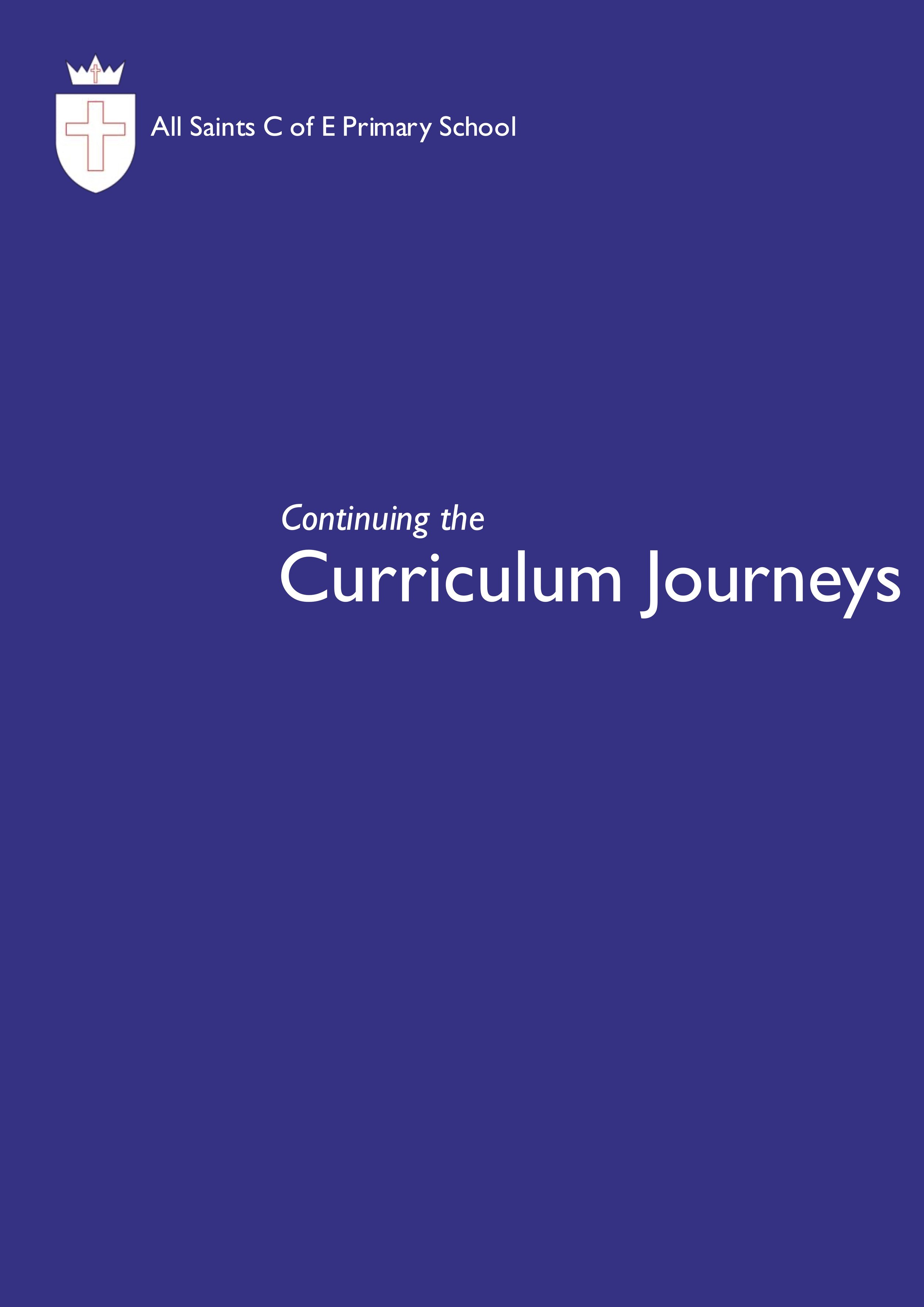Our Curriculum
Curriculum Lead - Mrs Casey
“We value the way in which all children are unique and our curriculum promotes respect for the views of each individual child, as well as for people of all ethnicities, cultures, backgrounds and personal beliefs. The foundation of our curriculum is the spiritual, social and moral development of each person, as well as their development in core skills and physical growth. We understand the vital importance of the children widening their experiences inside school and in the wider environment so that they have an improved general knowledge, wider vocabularies, aspirations for future work and an understanding of how to lead a happy and healthy life.”
Our curriculum is designed to meet the following principles of effective teaching and learning (see our Teaching and Learning Policy):
Formative assessment - Find out what the children know.
Direct Instruction / Modelling - Show the children how to do it.
Practise and Application - Children use the taught strategies.
Feedback - children are provided feedback which swiftly embeds understanding and addresses misconceptions.
Retrieval Practice - Children remember and apply prior learning
See the EYFS page to see the overview of the ordering of unit of learning for Early Years.
Our school curriculum meets the following set of principles that were designed by the teachers for our children using best practice guidance.
These have been grouped into four sections.

- Teachers can accurately assess the attainment of all children.
- Teachers are easily able to select learning objectives that challenge all children (including those who have SEND or EAL).
- There is a clear progression of targets that enable the children to self-assess their learning.

- Specific language structures and key vocabulary are included in all units of learning.
- There are frequent opportunities for the children to use their mathematical learning in other subjects.

- Children are given regular experiences of learning outside of school and with visitors.
- Schemes of work encourage children to learn like a scientist, historian, geographer, artist, designer, musician, programmer etc.
- Units of learning to be given a purpose, context and audience and include collaborative problem solving tasks.
- Any policy, guidelines or scheme of work should be designed to be used by a teacher with little experience or limited subject knowledge.
- There is an accessible bank of resources that teachers can use to deliver certain learning
As well as meeting statutory requirements we have designed our school curriculum to take the children on learning journeys through different subjects where they learn what makes a good:
- listener
- speaker
- reader
- writer
- mathematician
- scientist
- gymnast
- dancer
- athlete
- programmer
- geographer
- historian
- artist
- designer
- engineer
- musician
- linguist
At the heart of all these journeys is language. The children learn new words and apply them in a range of language structures which fits the purpose of the activity. Each of the different structures have been linked to different units of learning and these include the language of:
- argument
- comparison
- deduction
- description
- evaluation
- explanation
- hypothesis
- opinion
- prediction
- retelling
- sequencing
As a Voluntary Aided School, Religious Education and Worship is of special importance to us. All teachers plan for these areas using the Manchester Diocesan Board of Education Guidelines. We also value the importance of promoting the personal, social and health education of all children in our school and all units of learning have specific links to these areas.
Please look in the individual subject areas of the website for policies, schemes of work and learning journeys.
Arch English Hub - All Souls Primary School, Rochdale
We are currently partnered with the Arch English Hub who are working with us to make our Early Reading and Phonics teaching even better.
English hub schools promote a love of reading and support schools across the country to provide excellent phonics and early language teaching.
Literacy specialists within each hub will provide tailored support to schools. This will include:
running events to showcase excellent practice in teaching reading
working with local schools to develop their practice
If you need to find out more about the Curriculum our school is following, please contact Mr Sharp by completing the form below.

